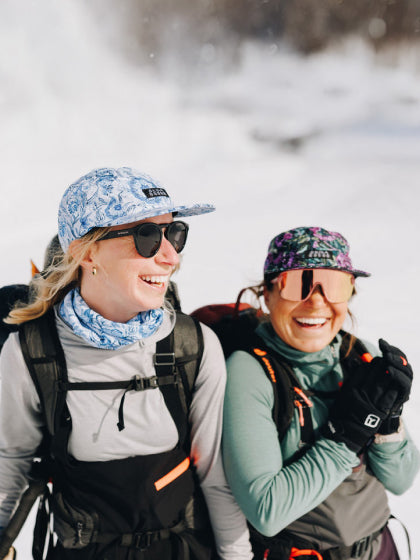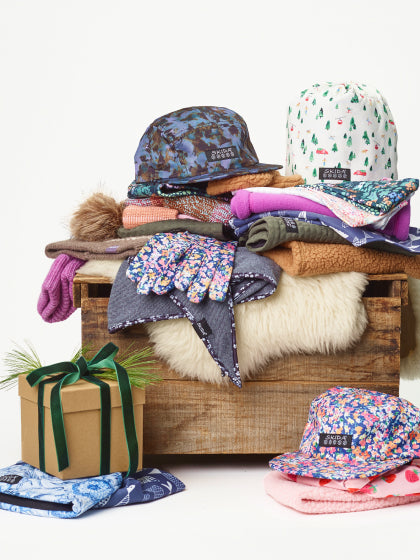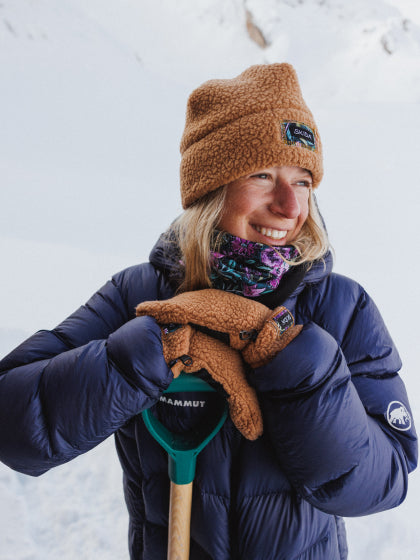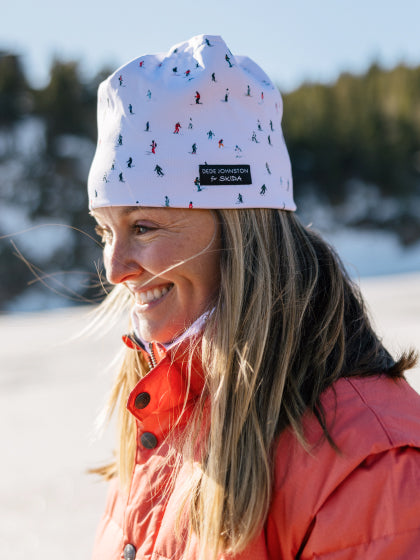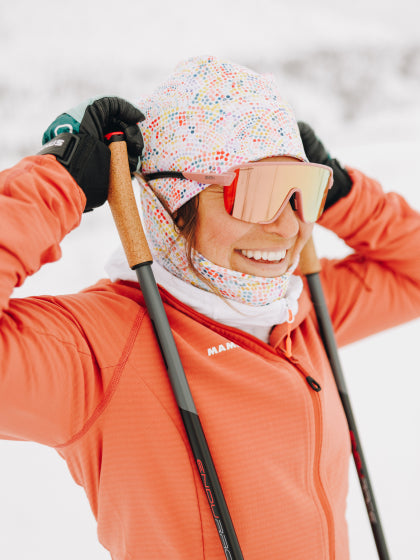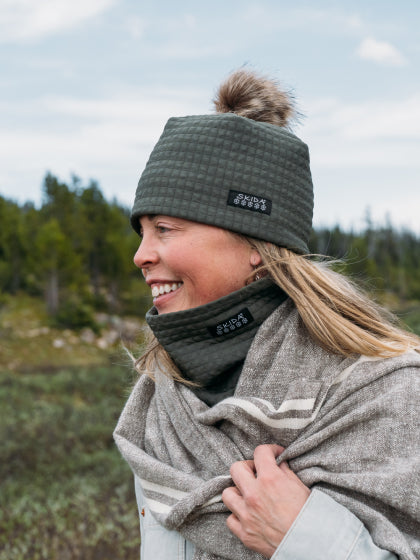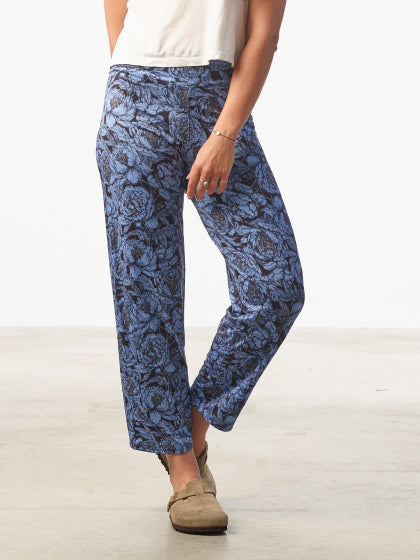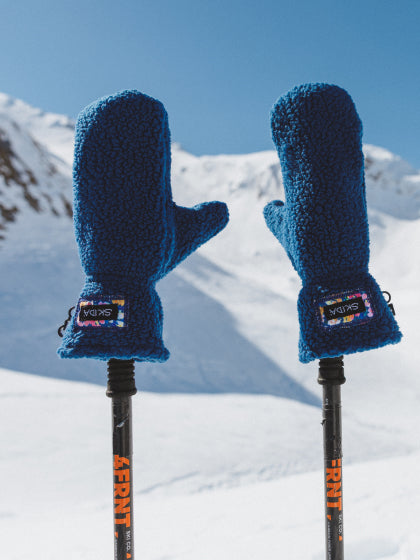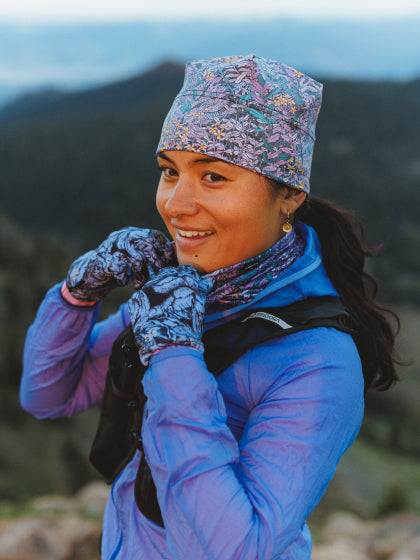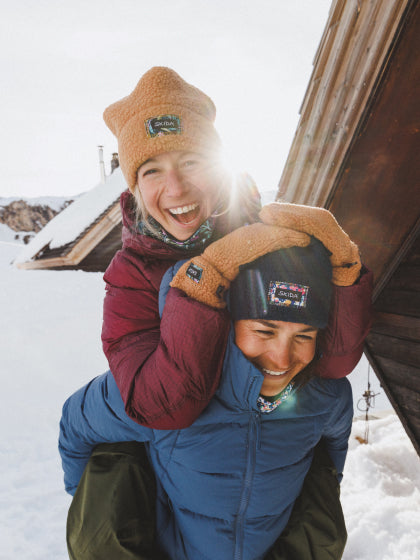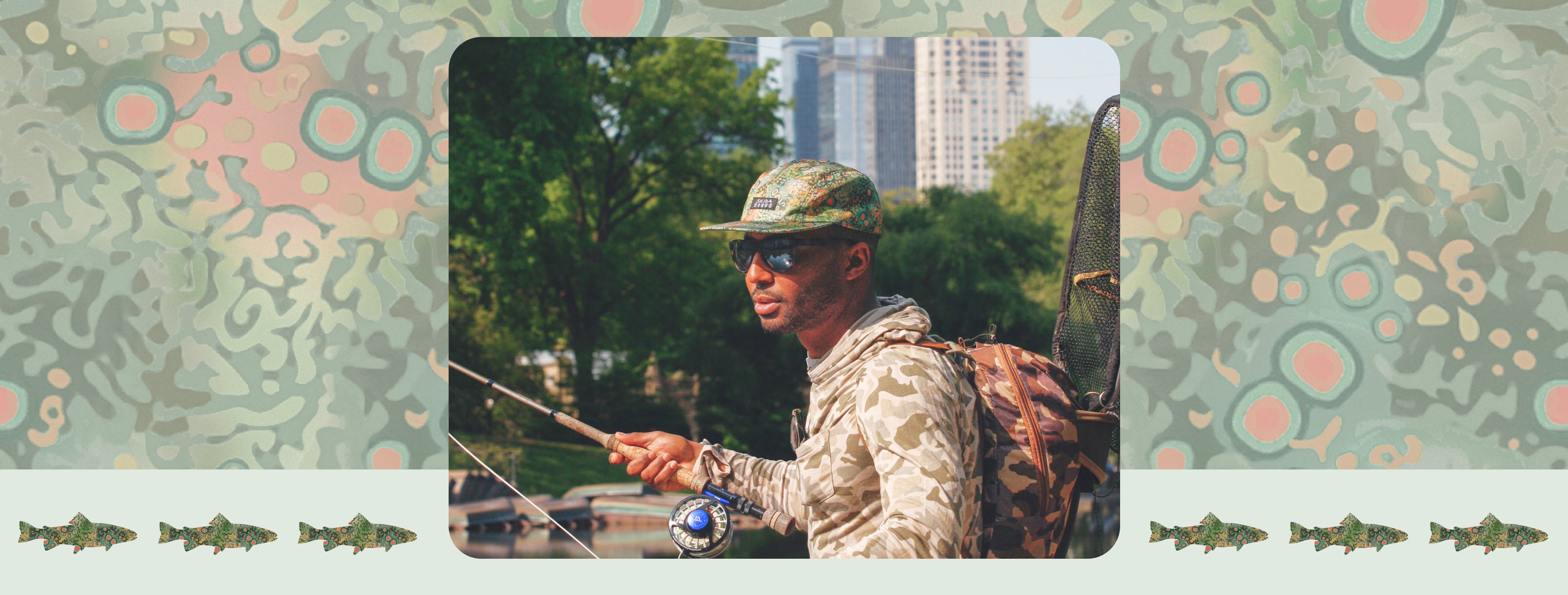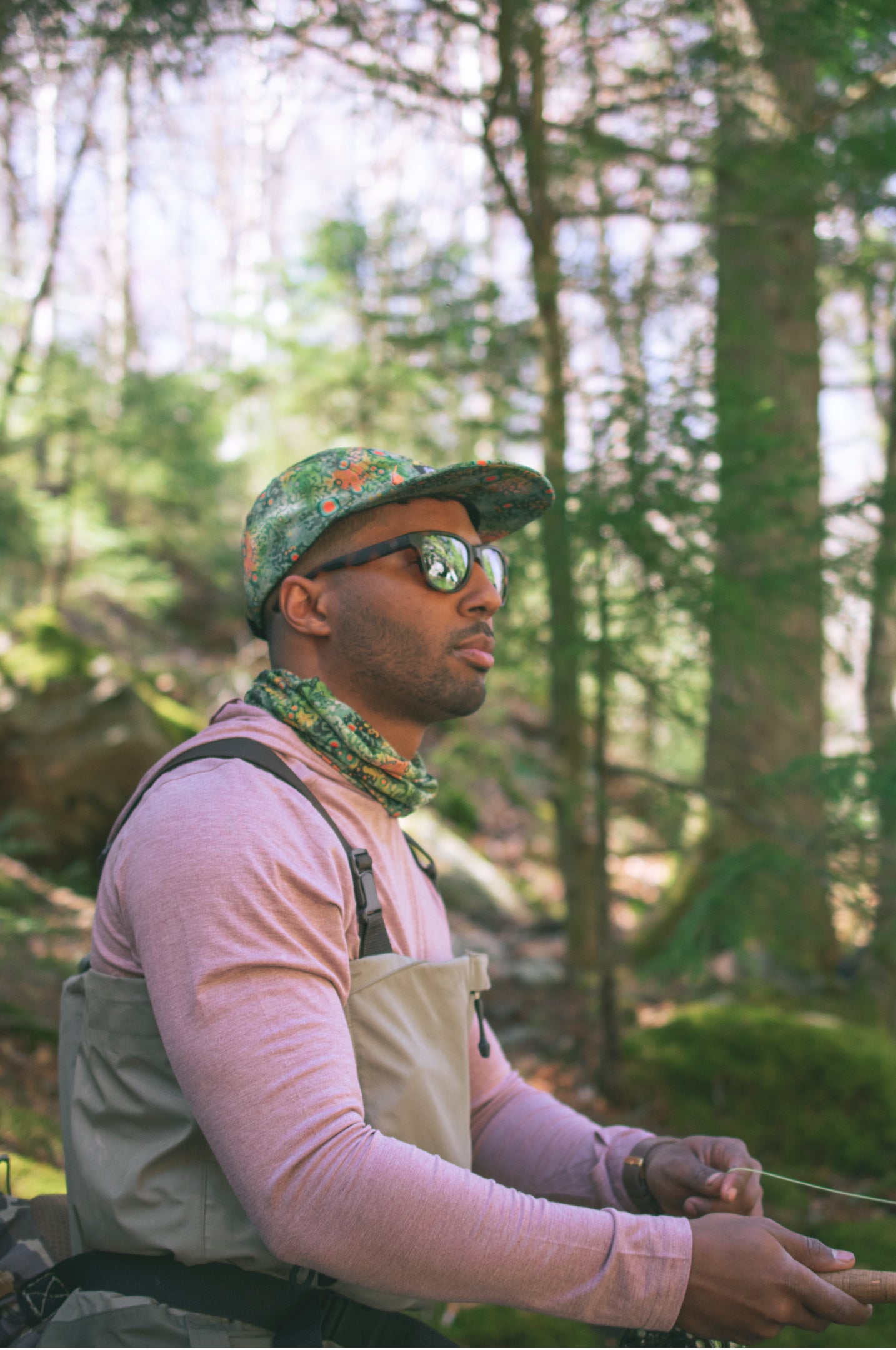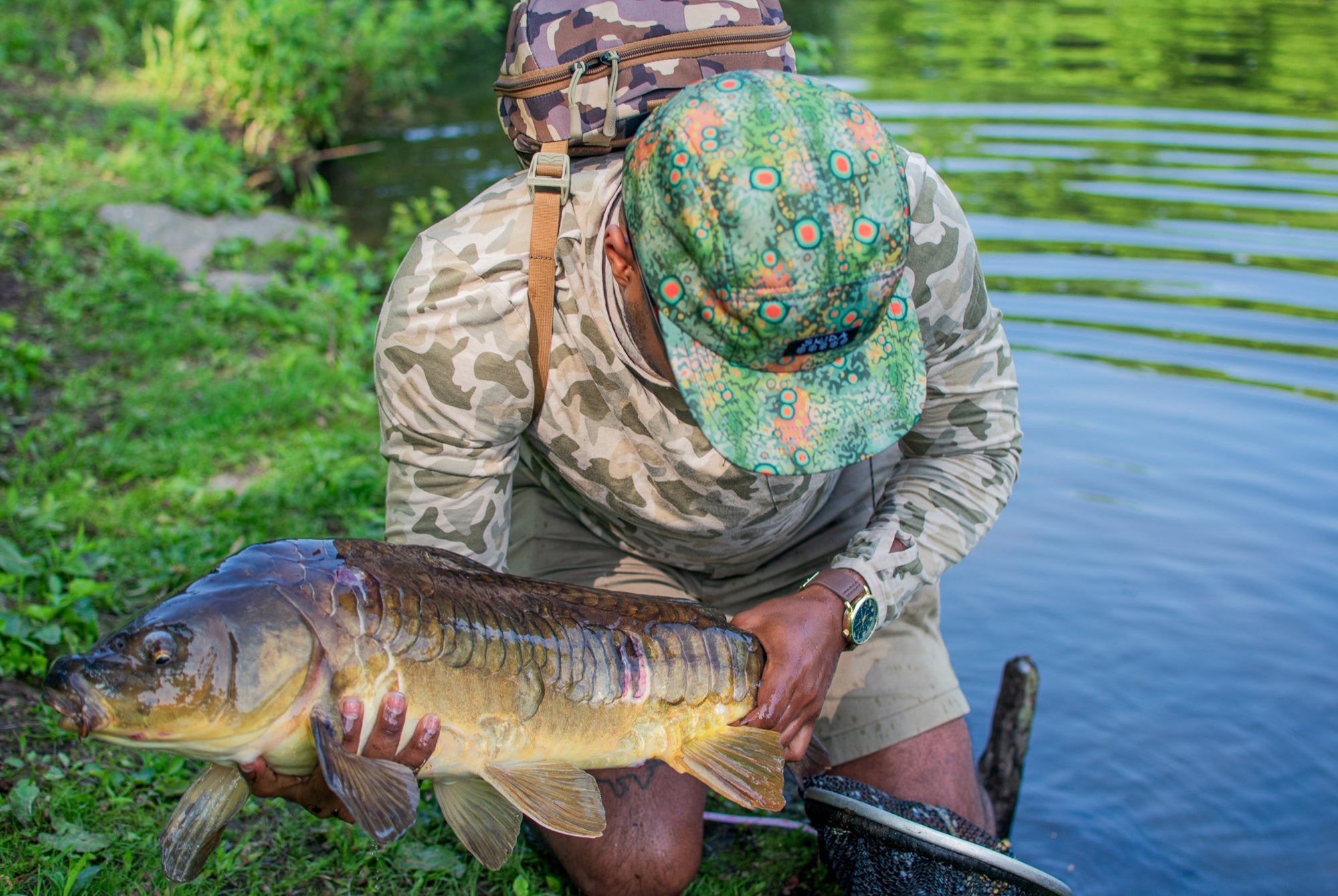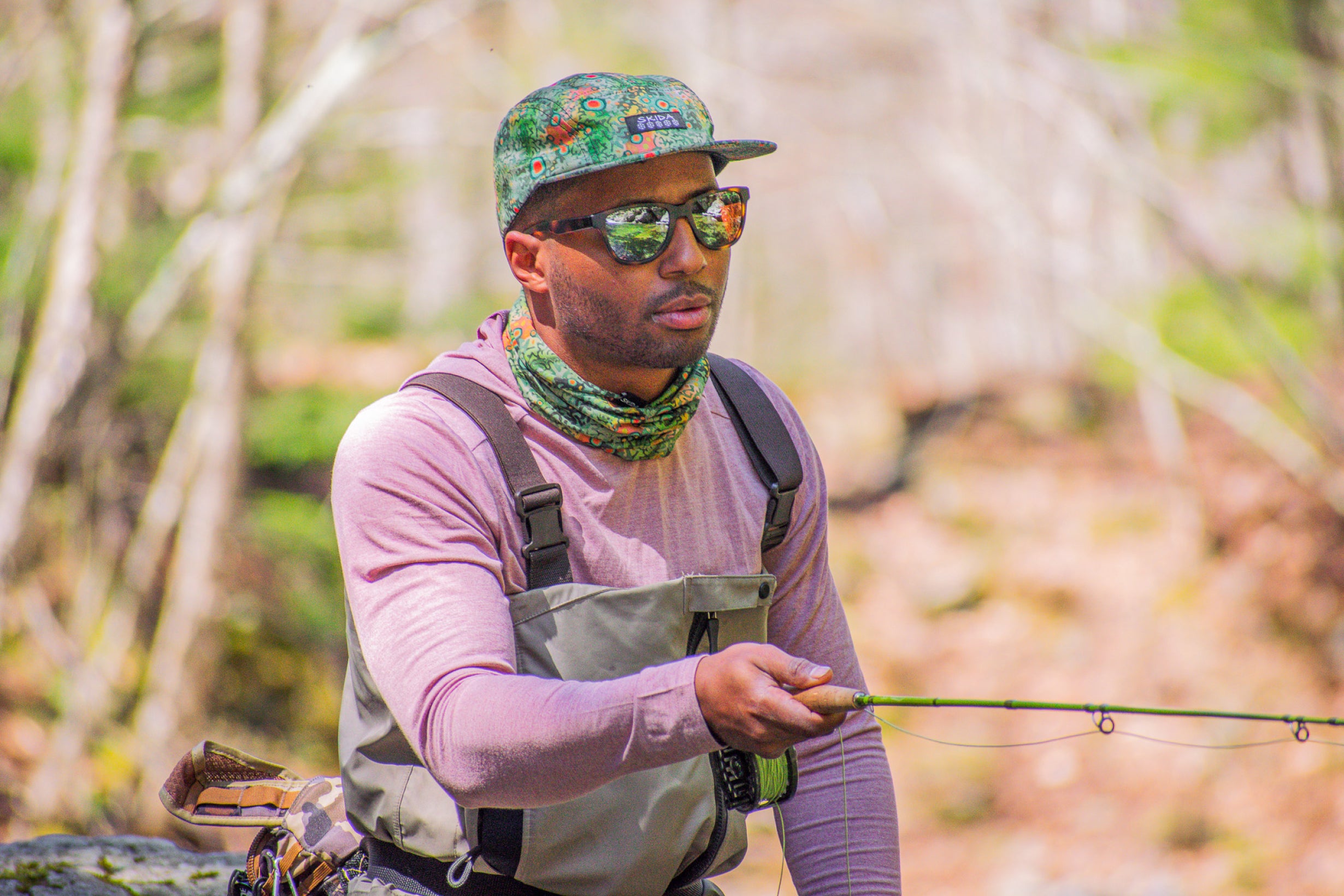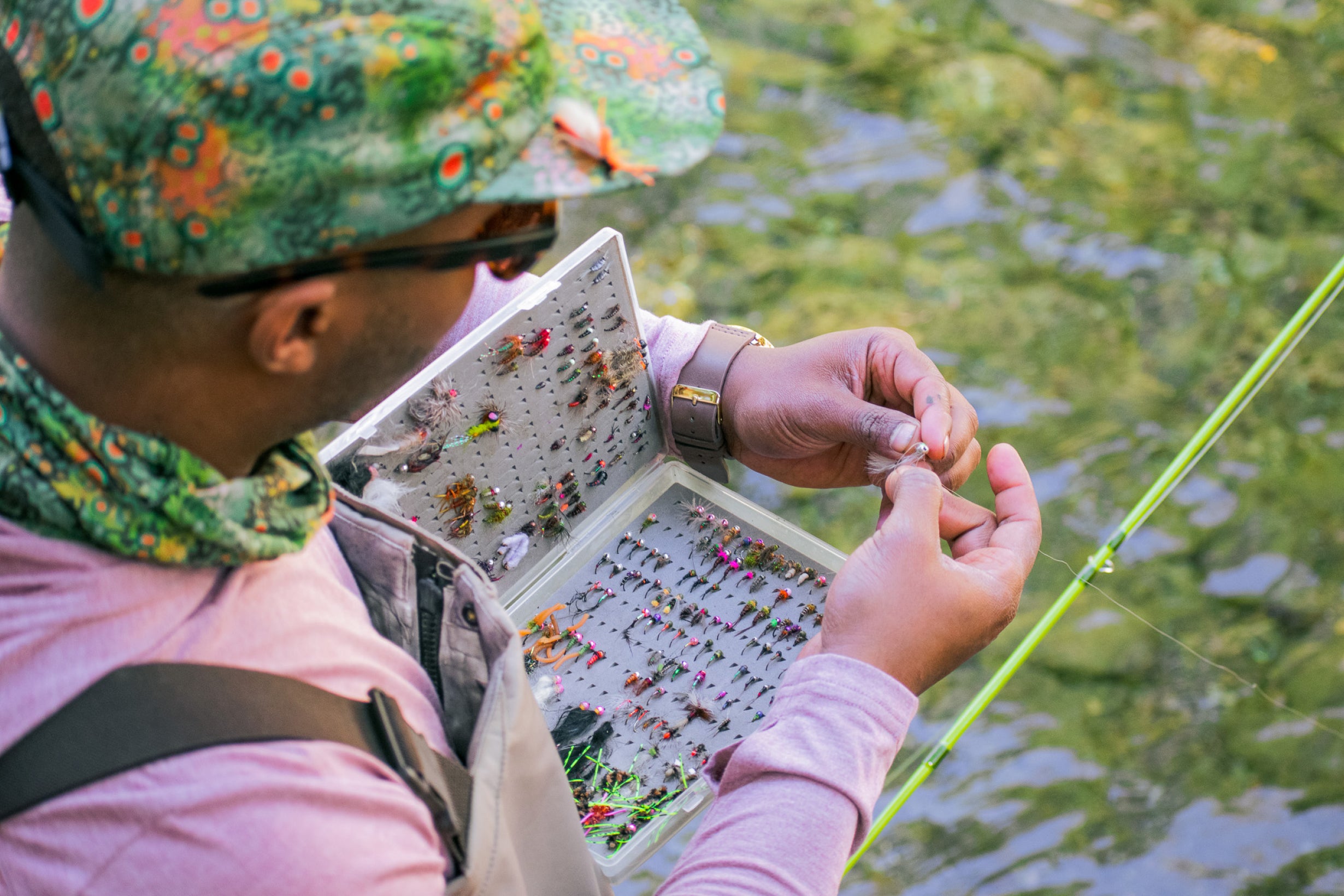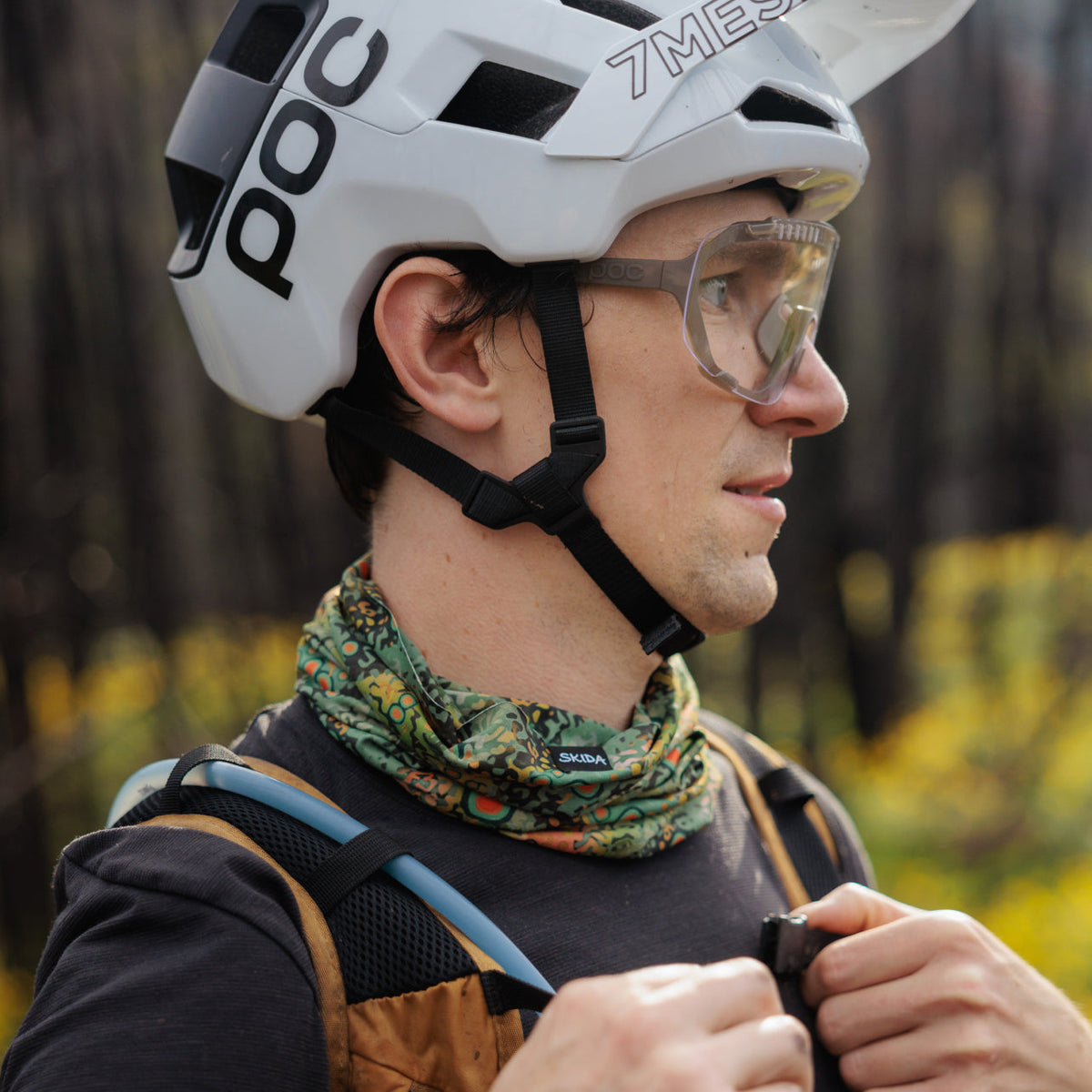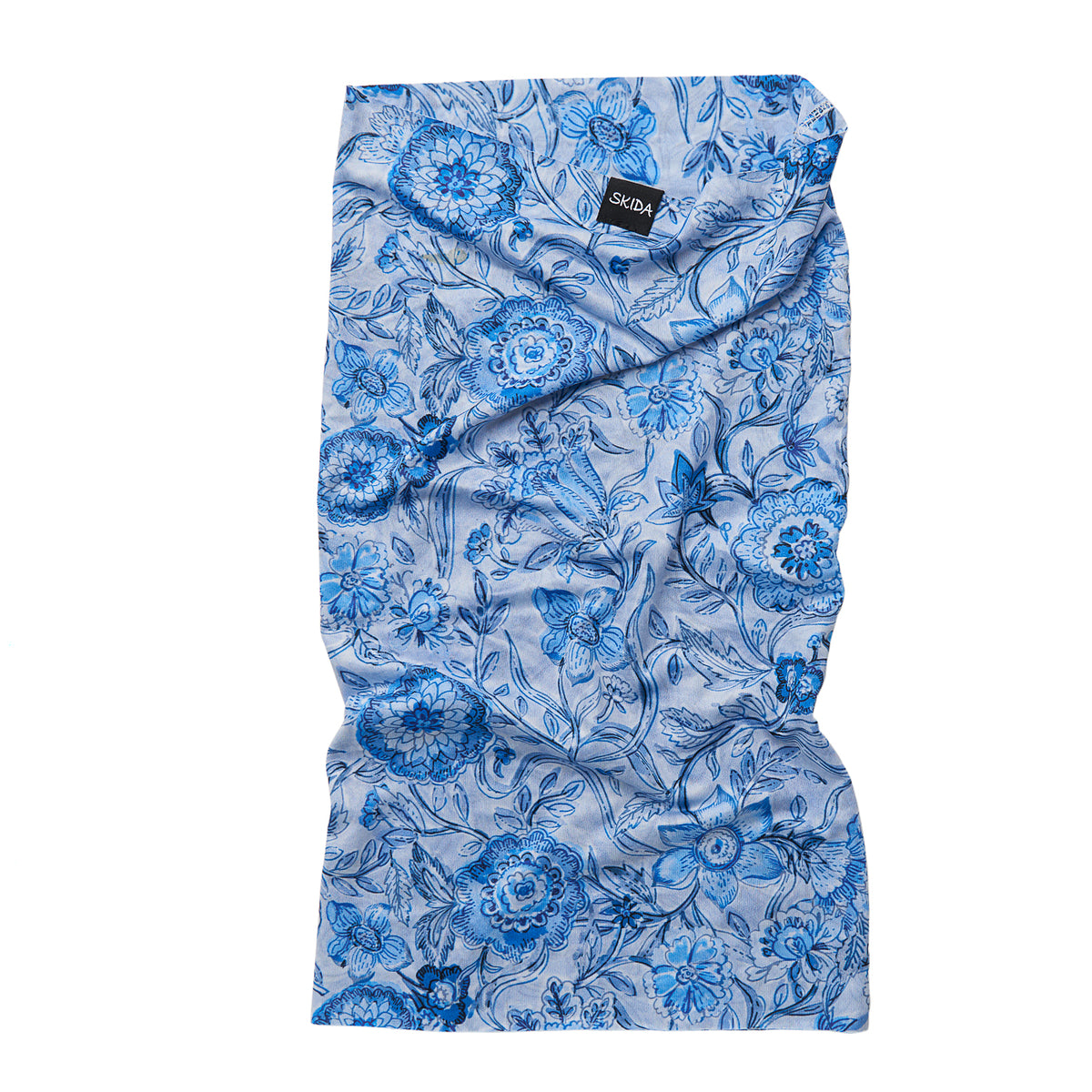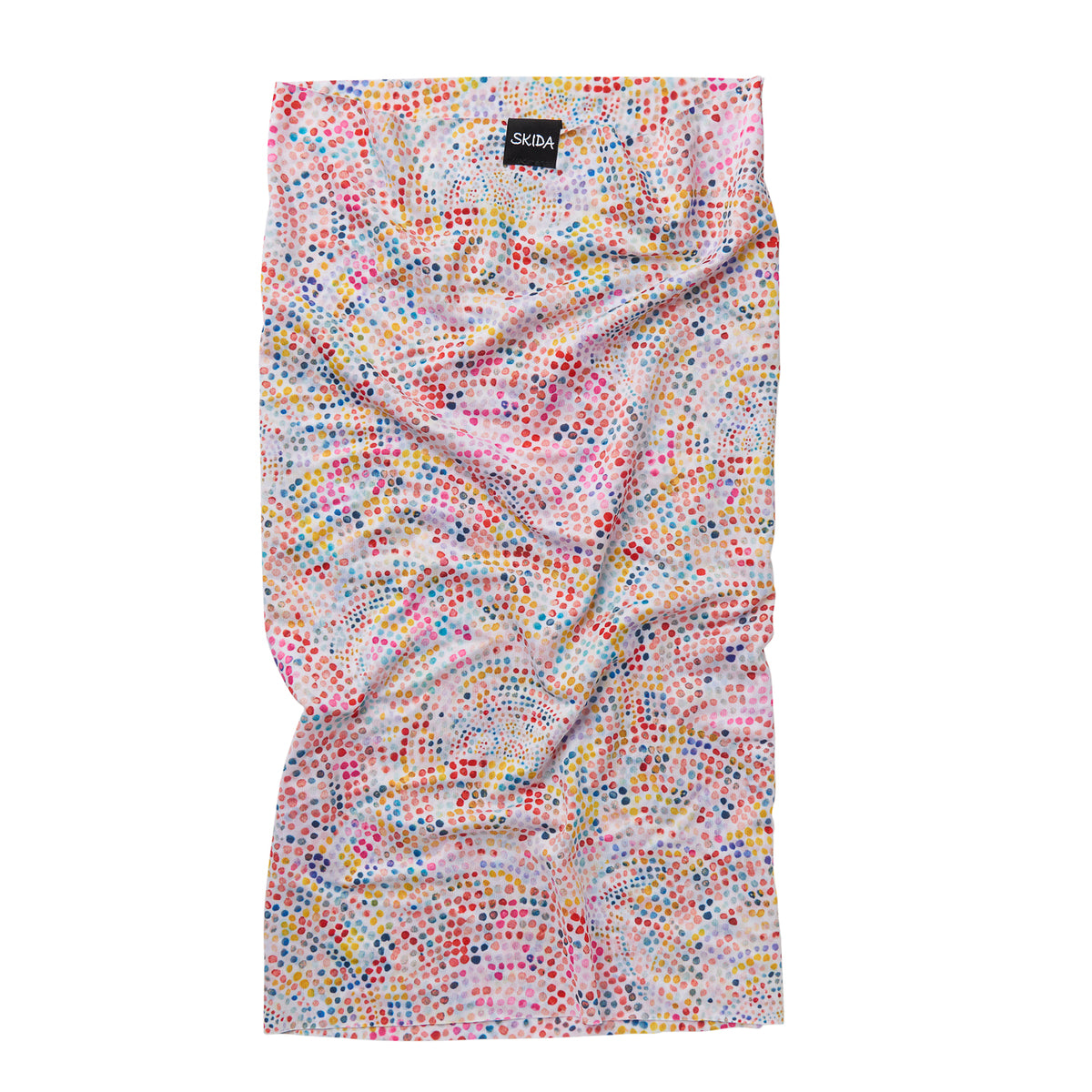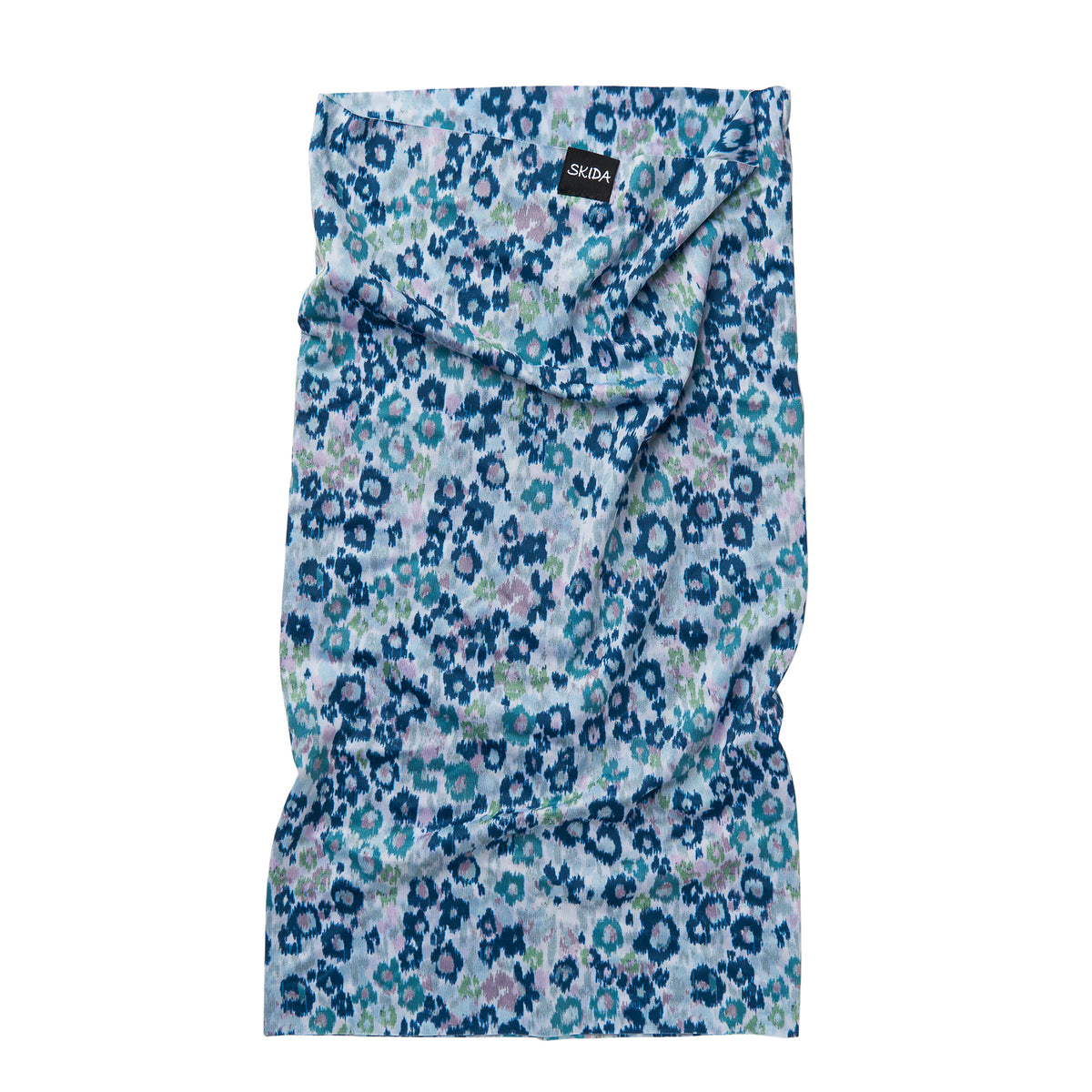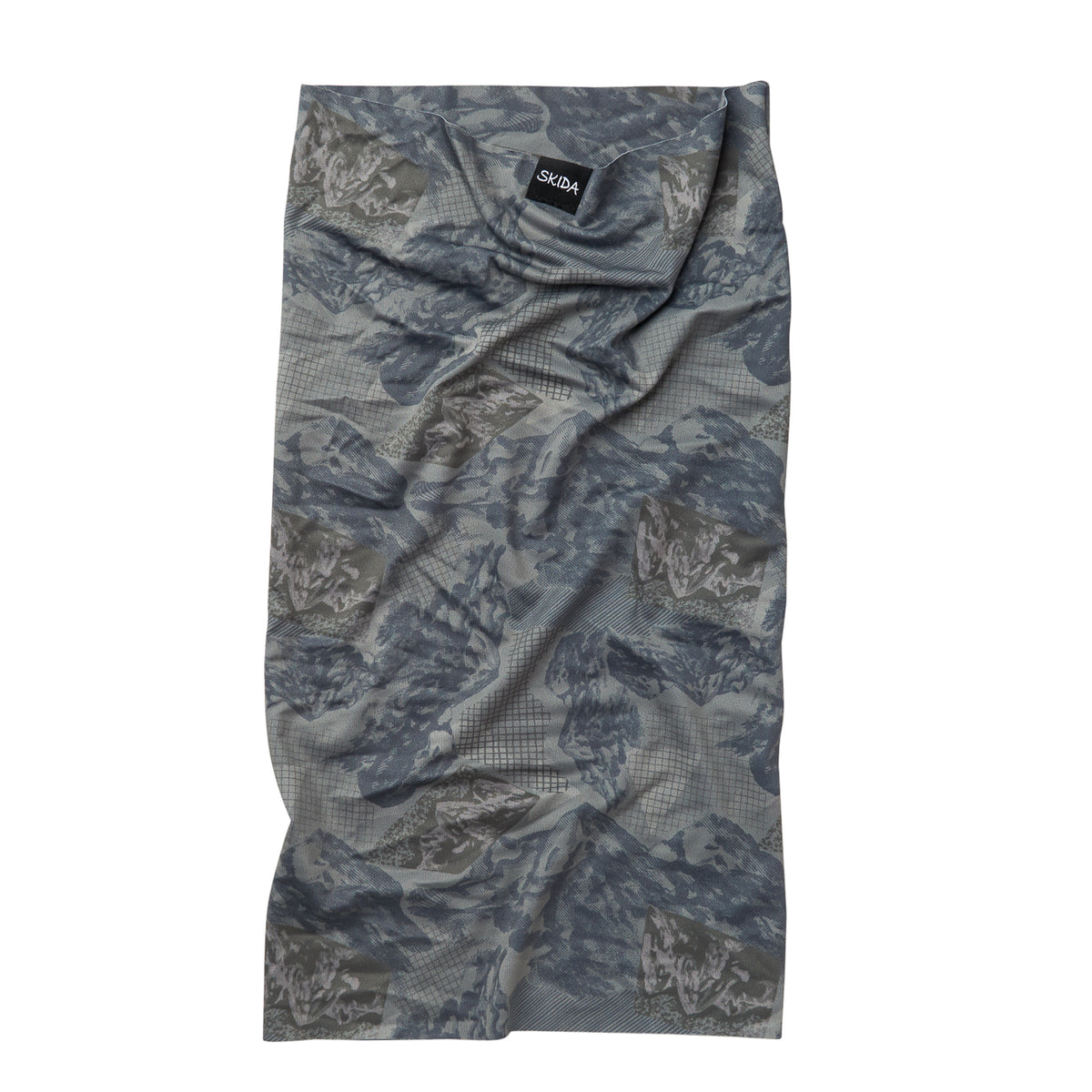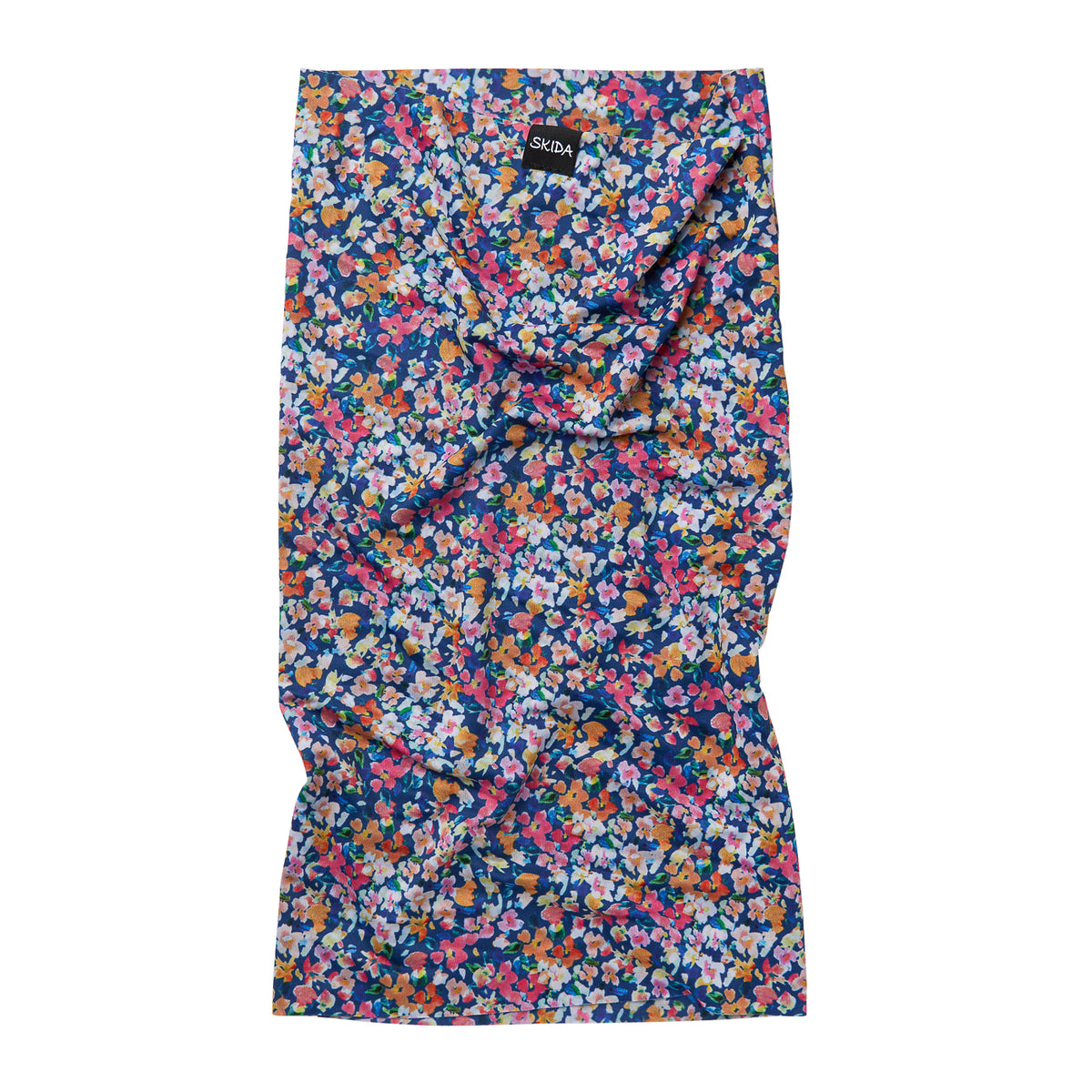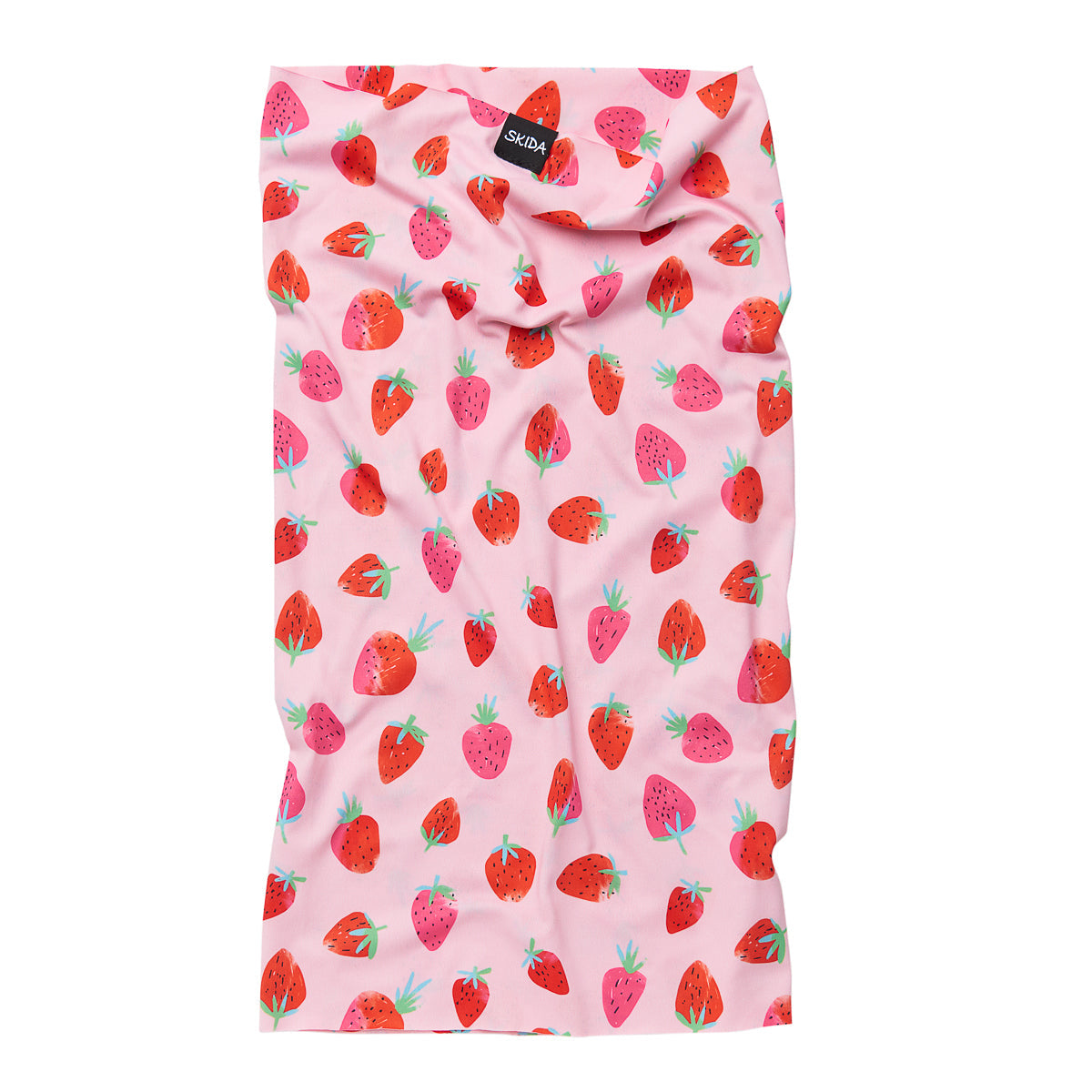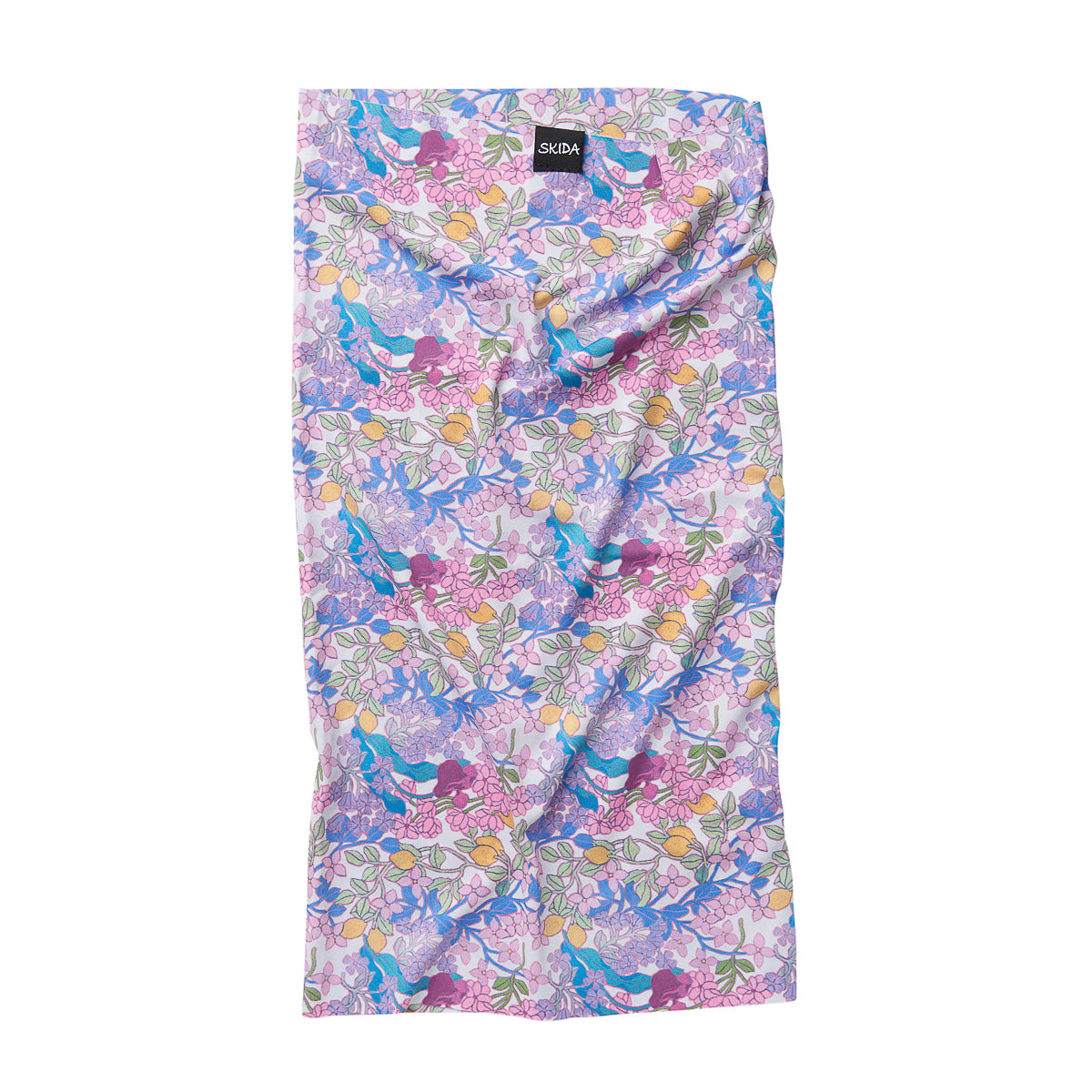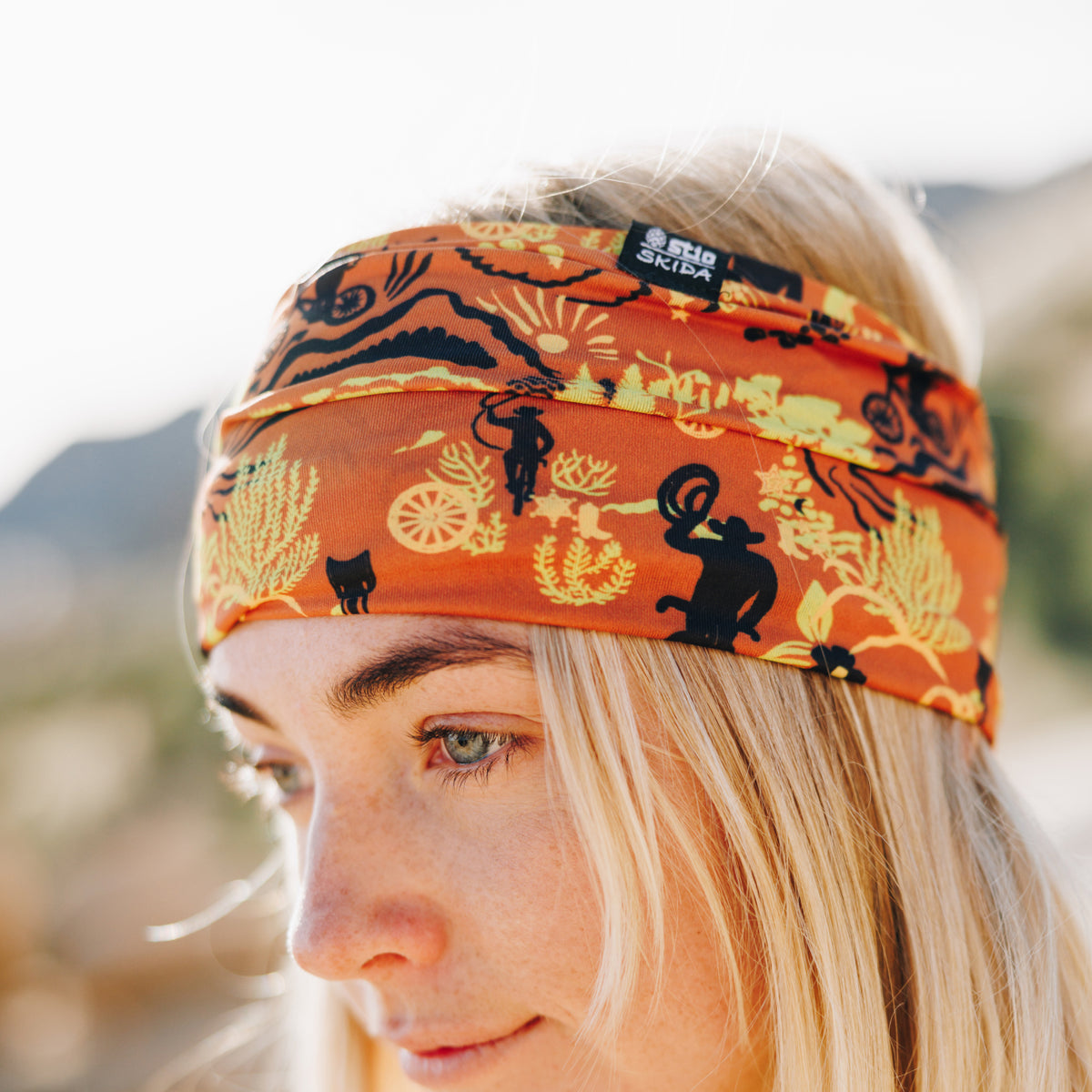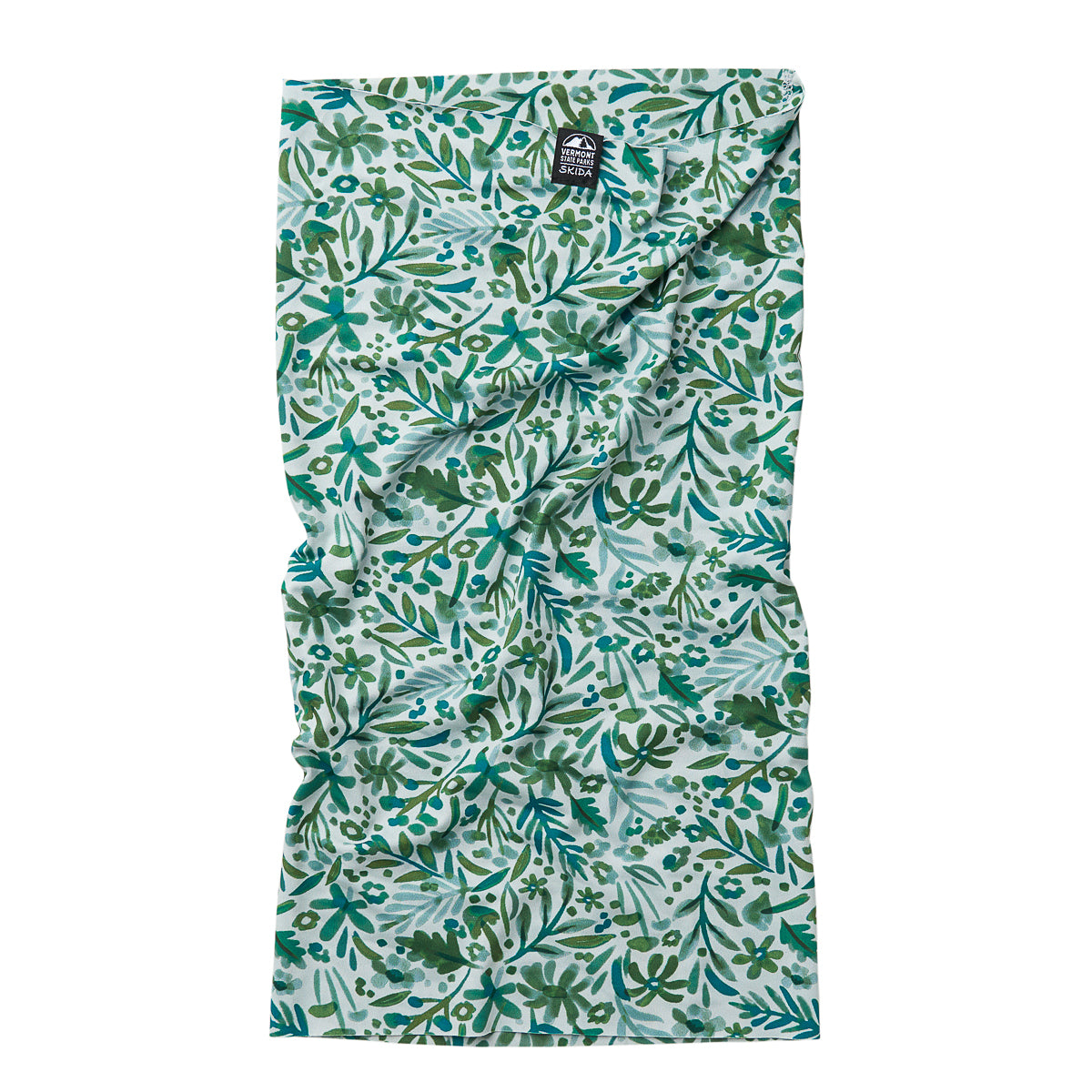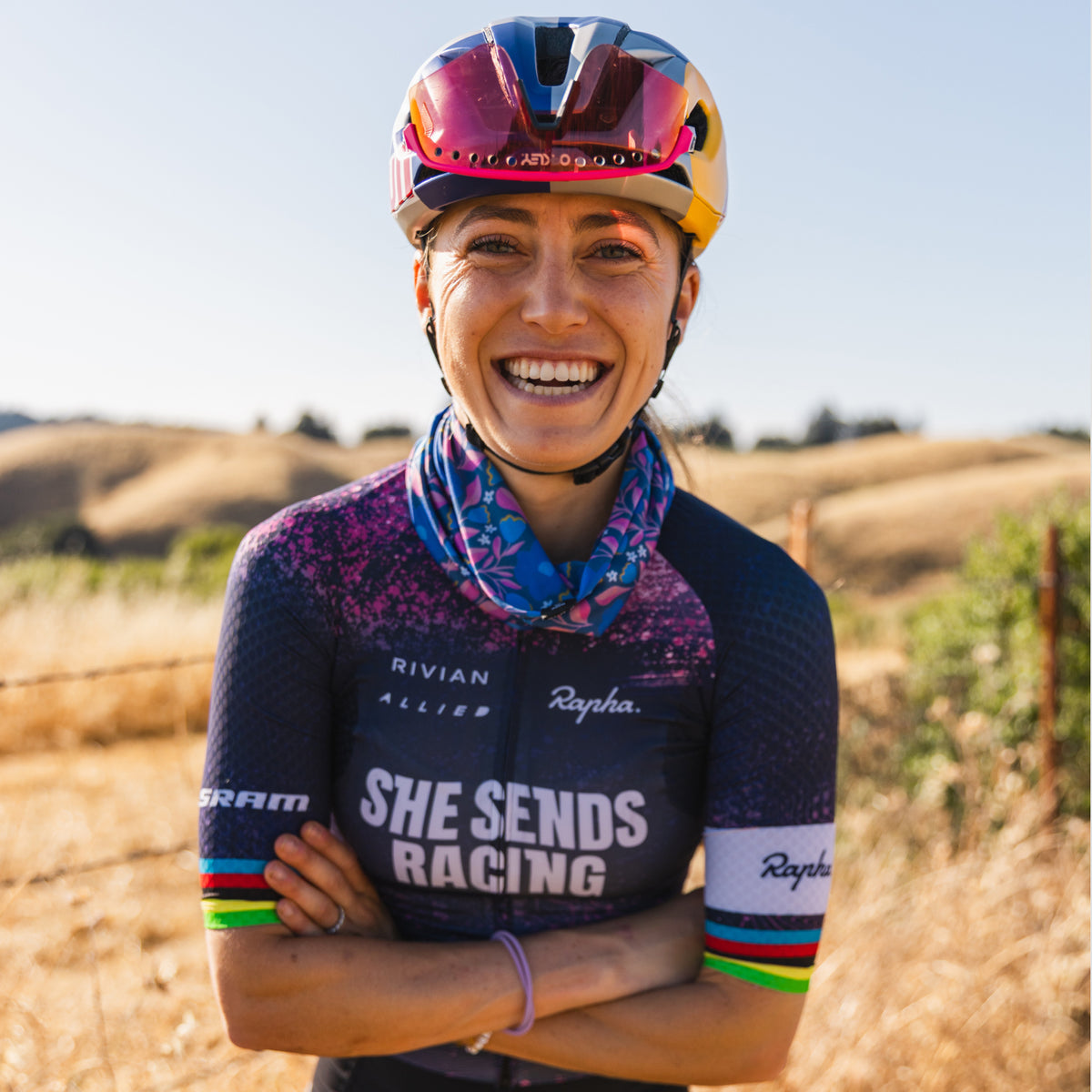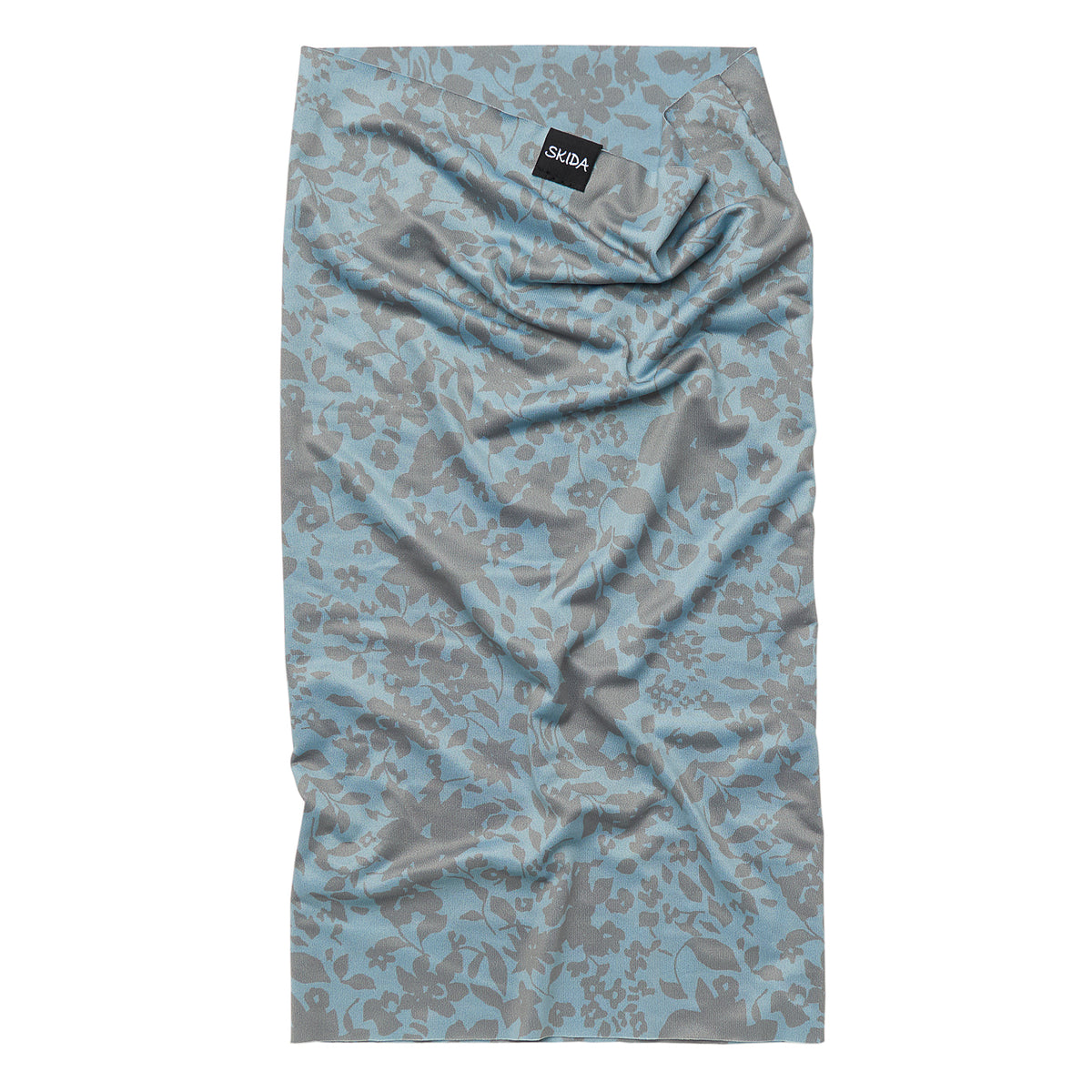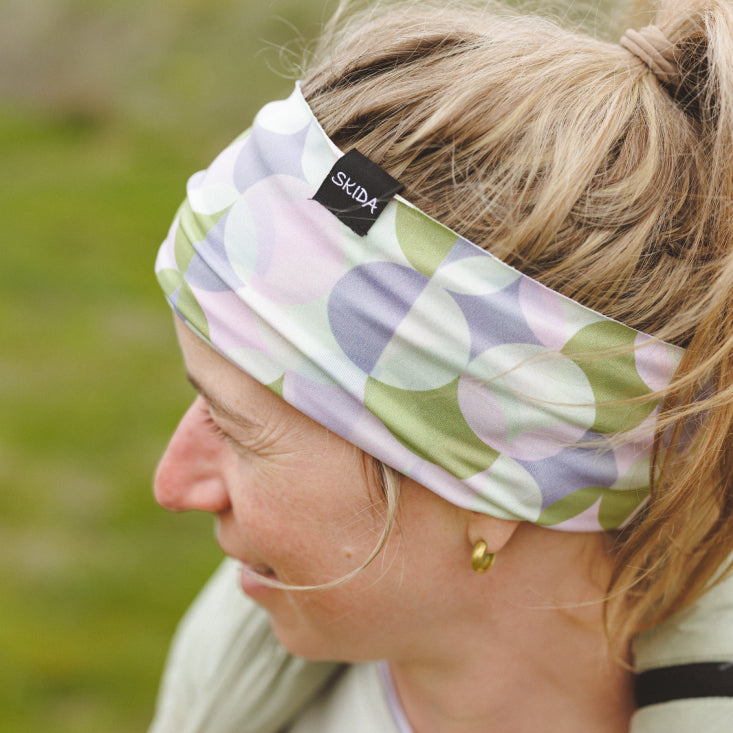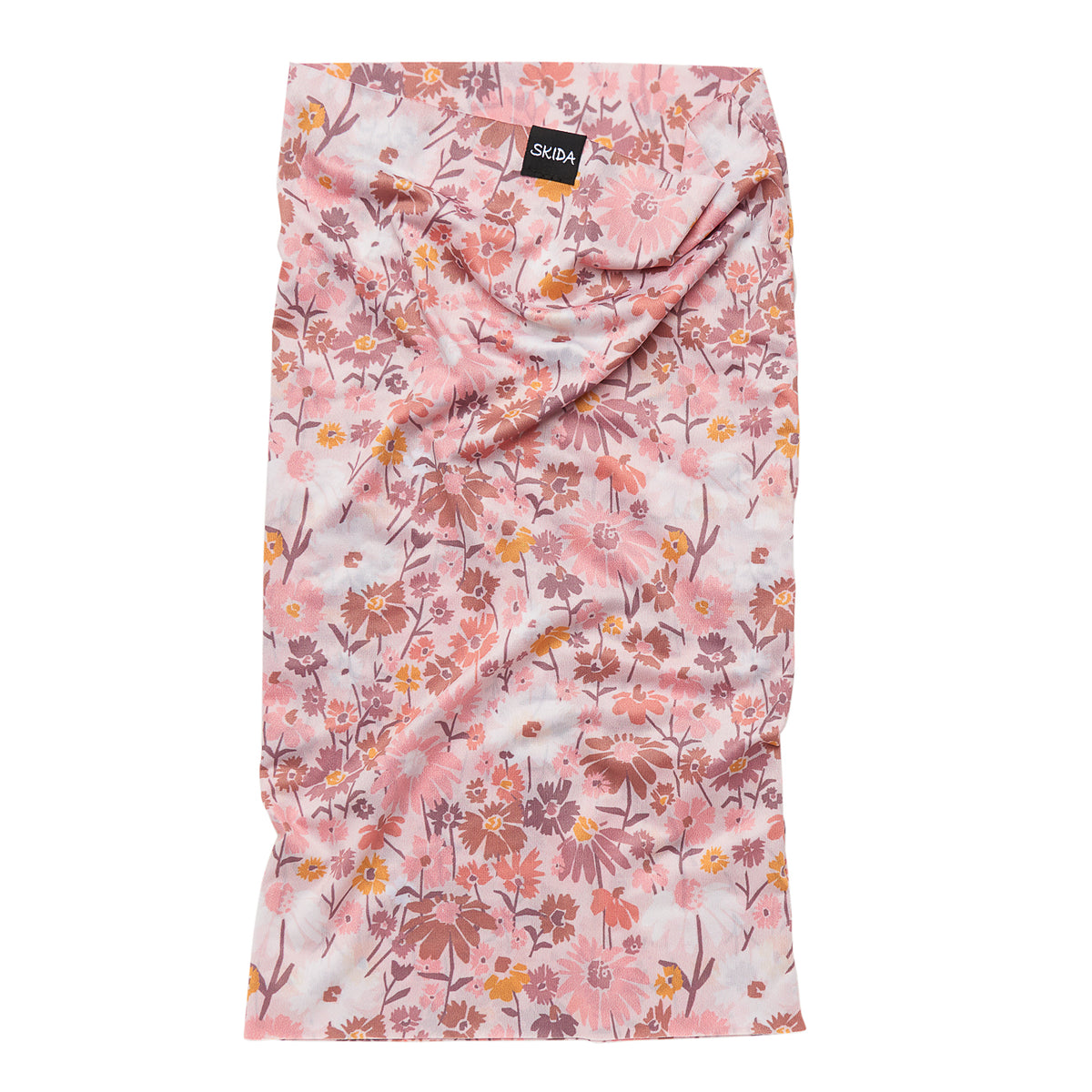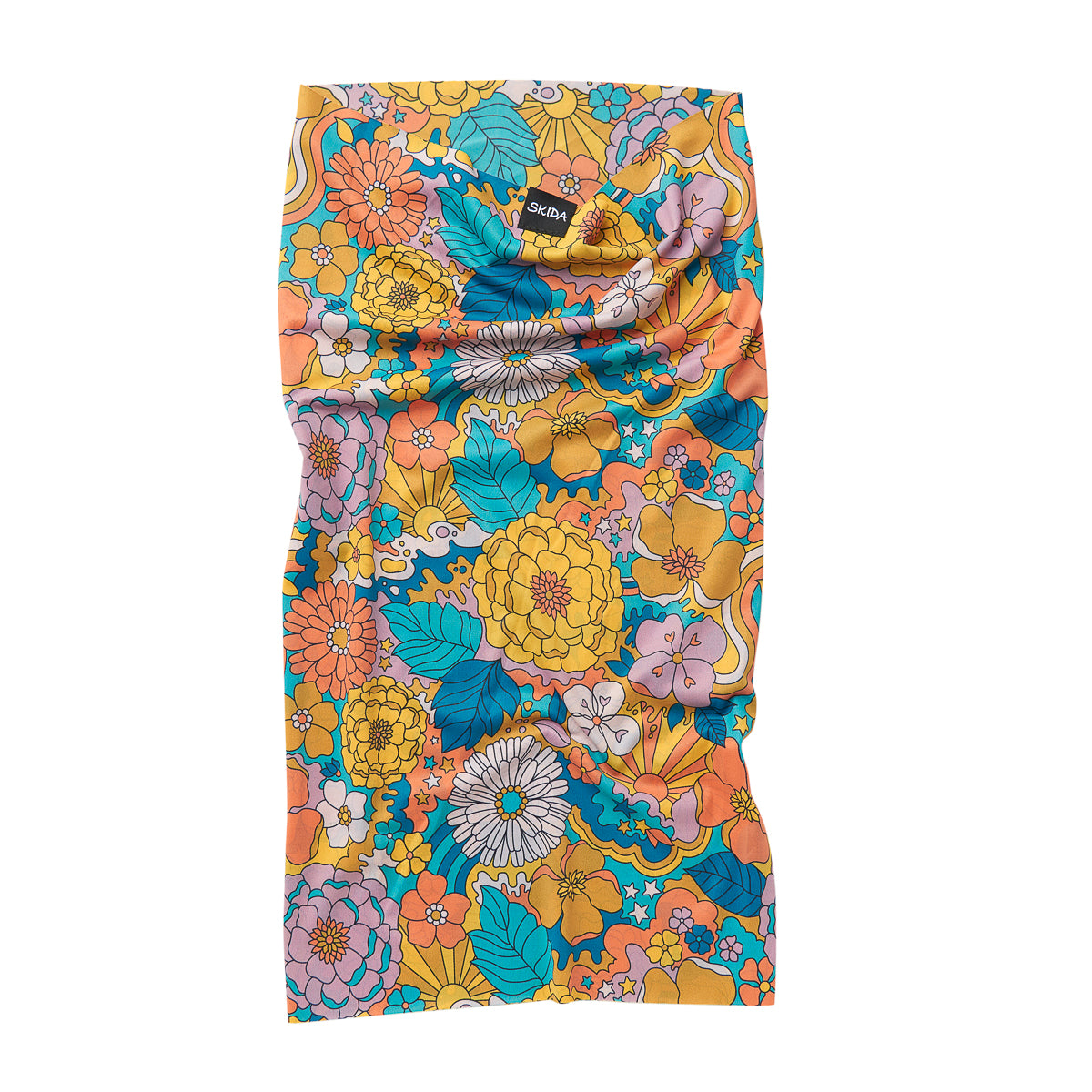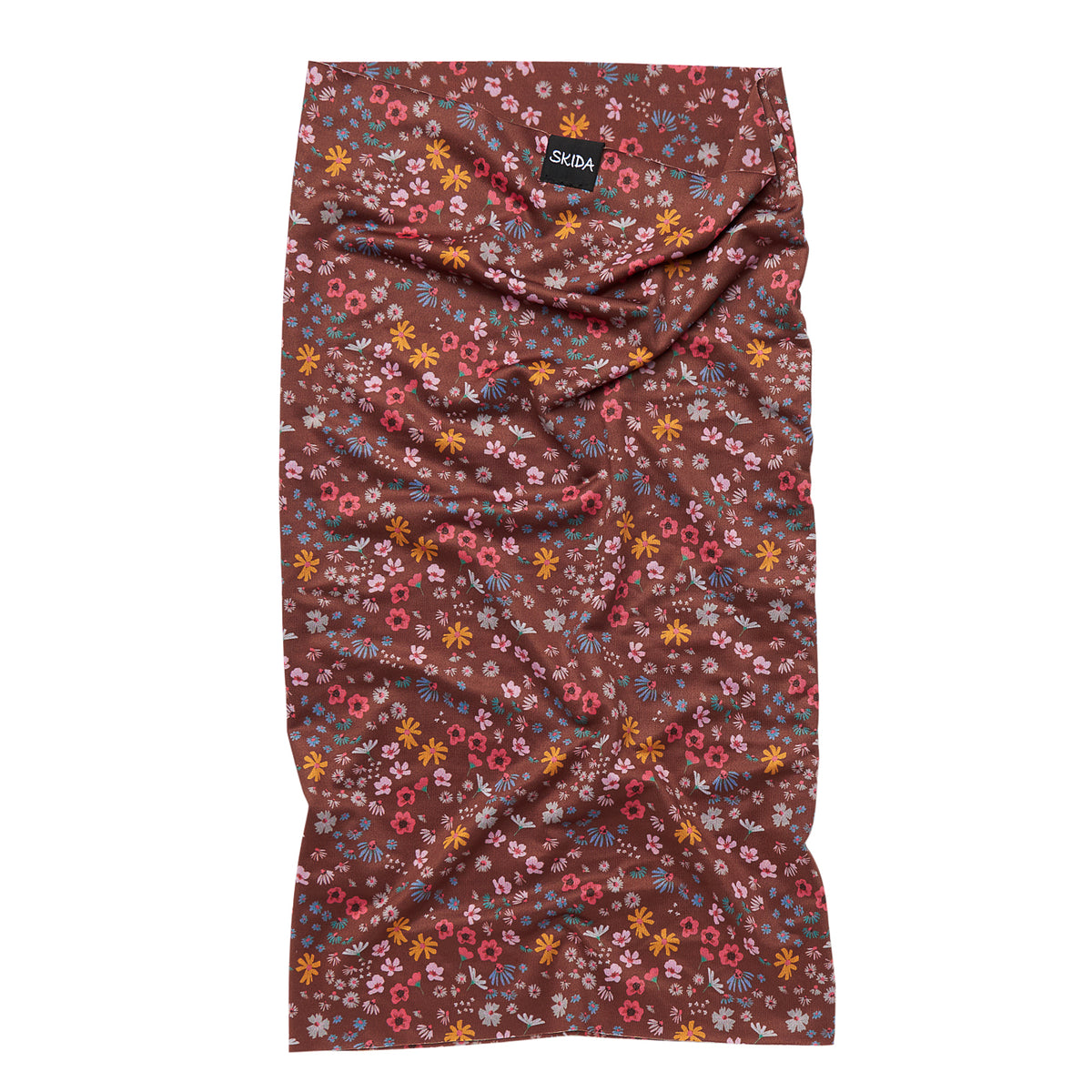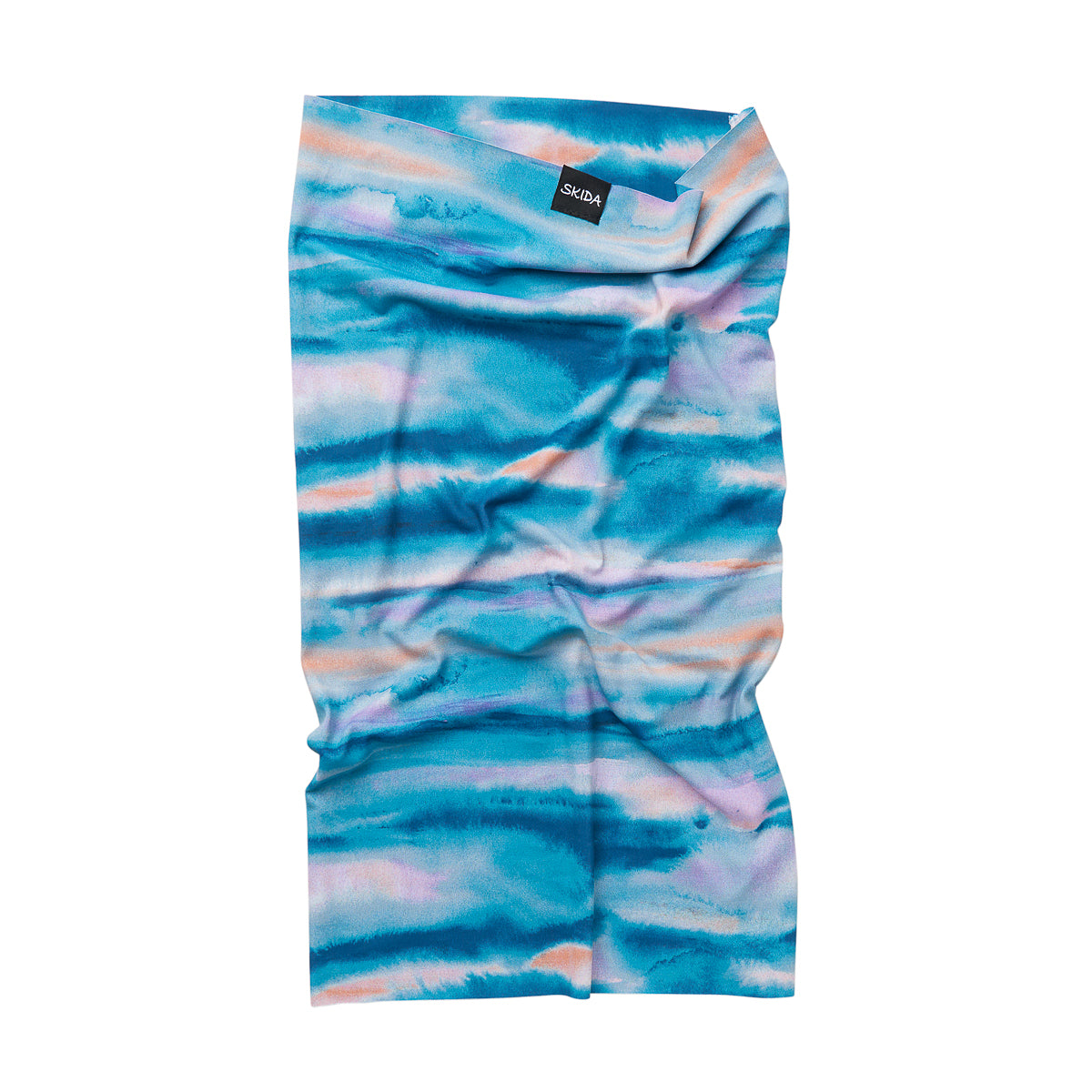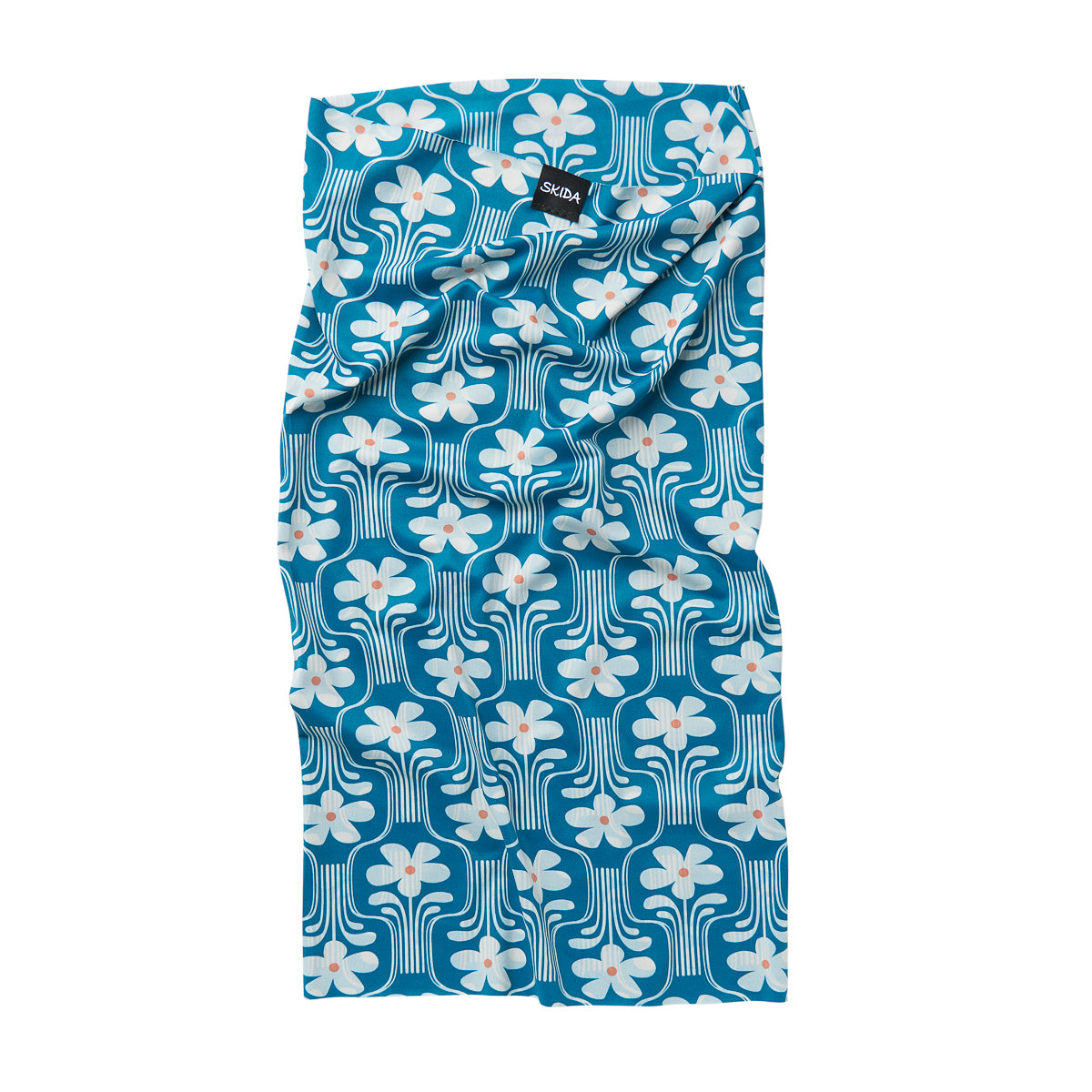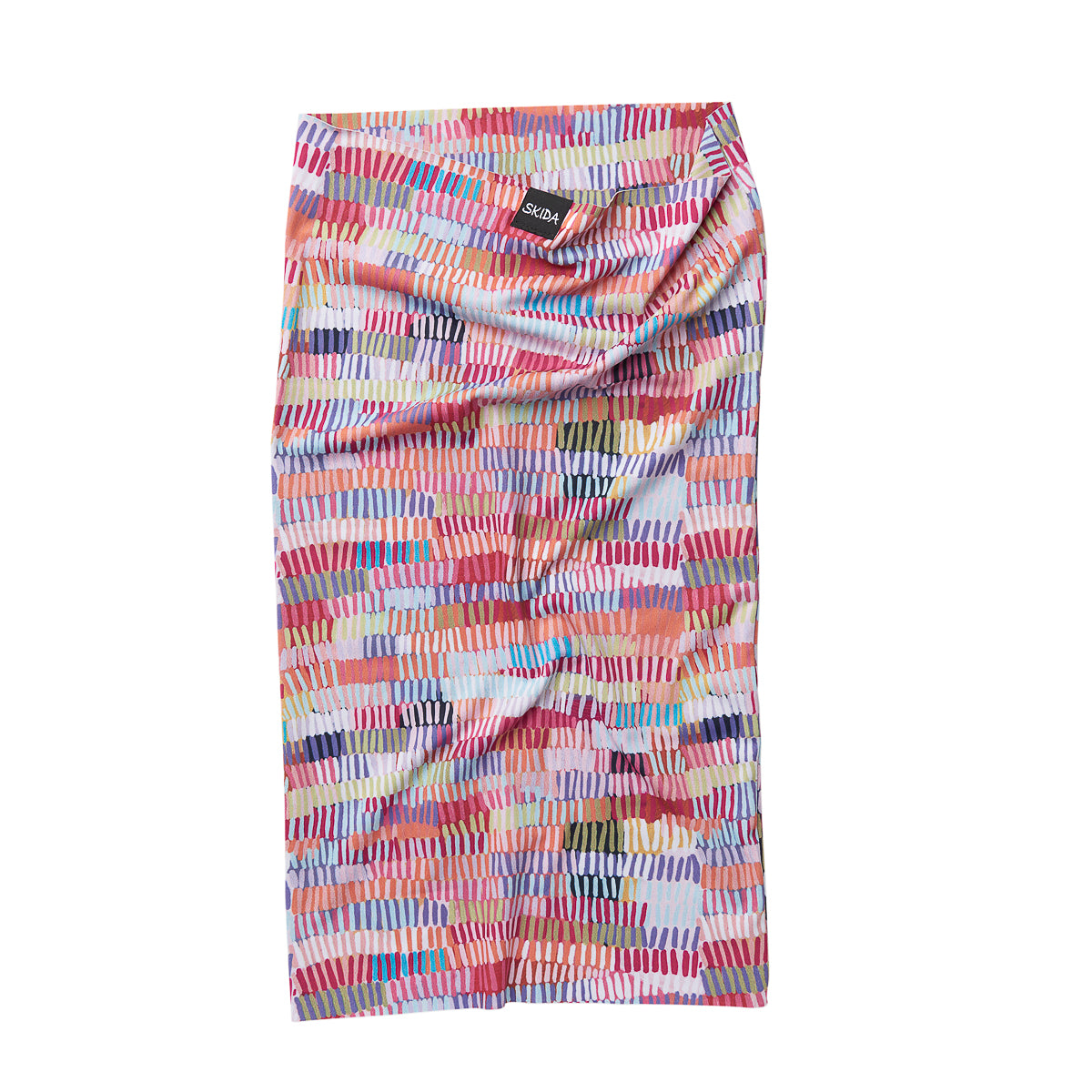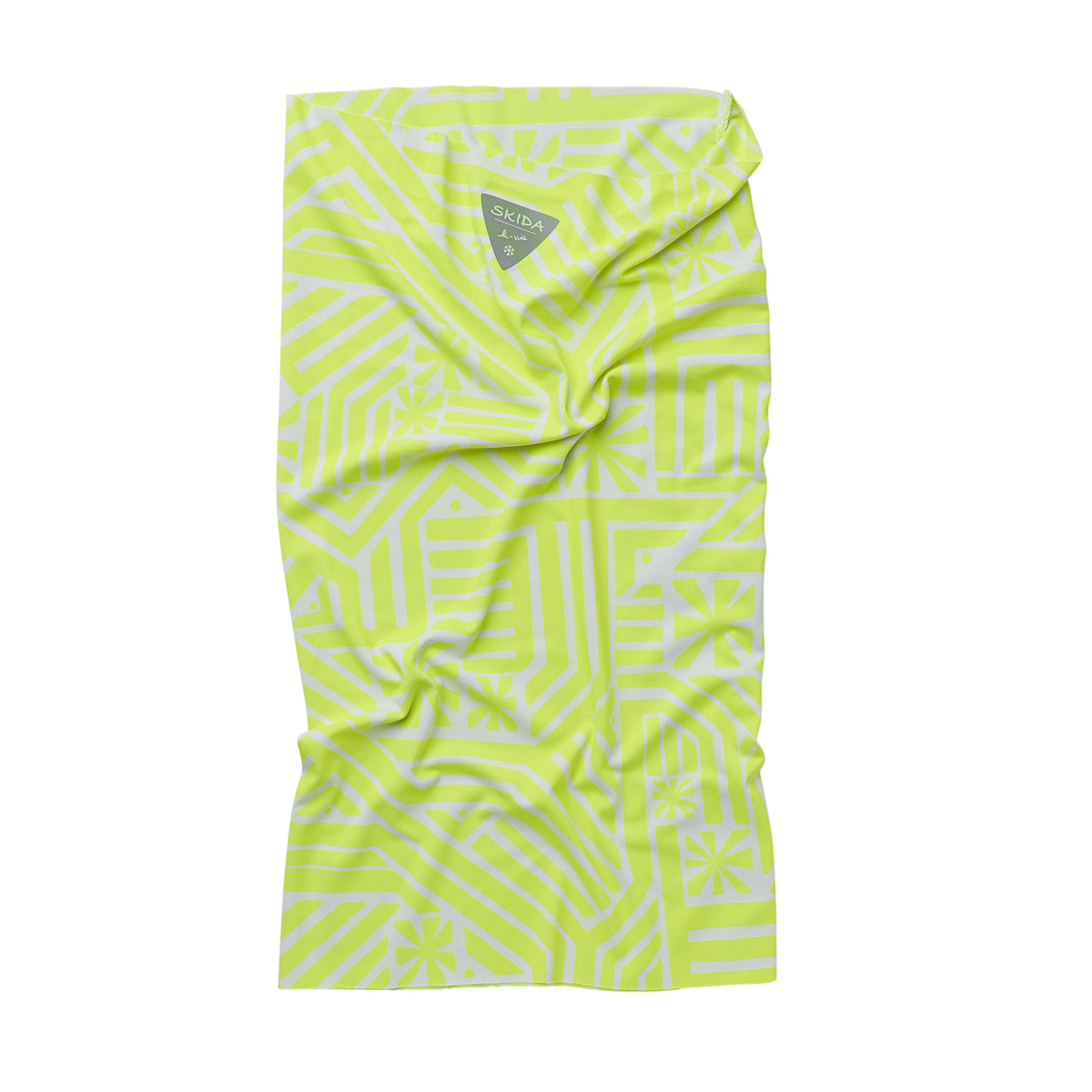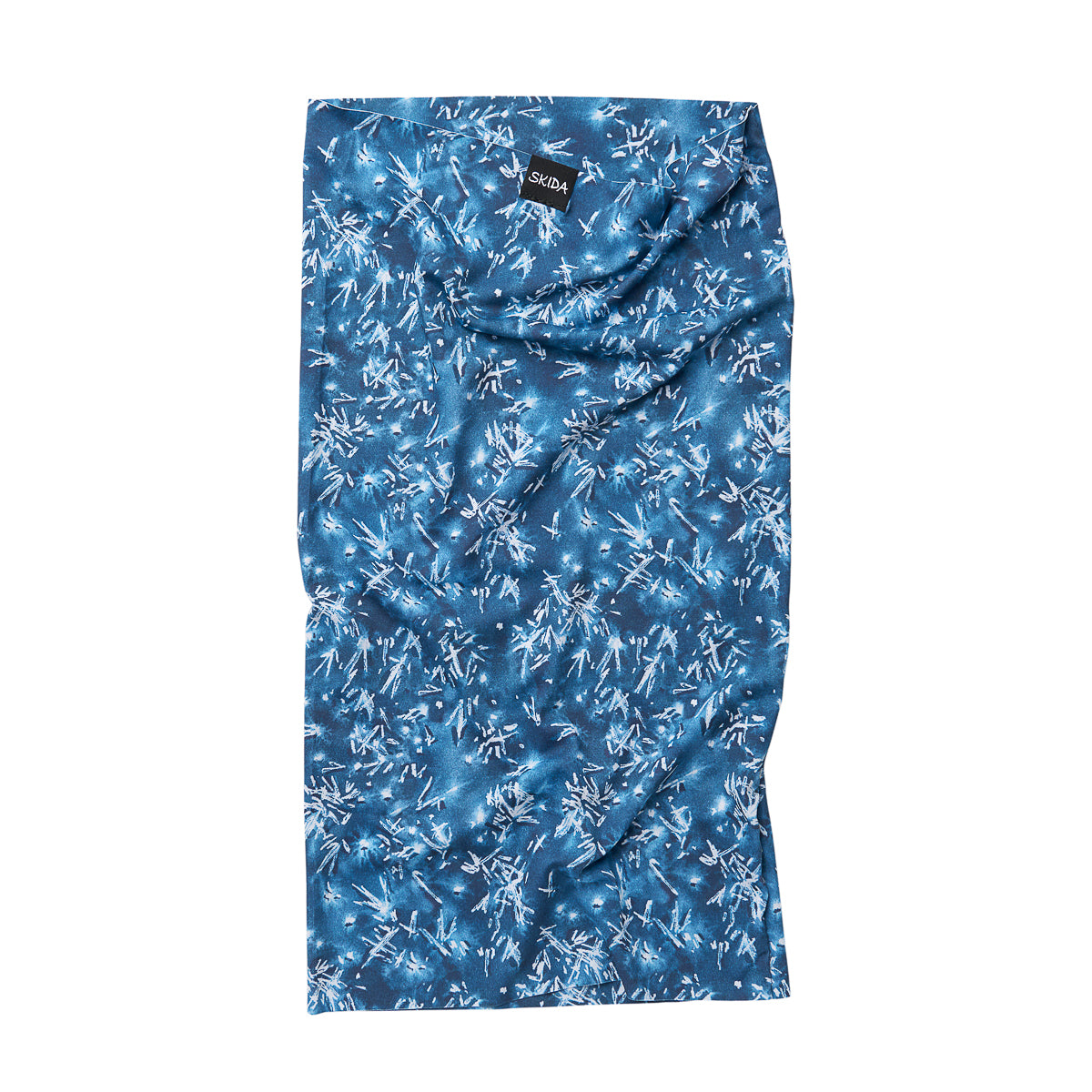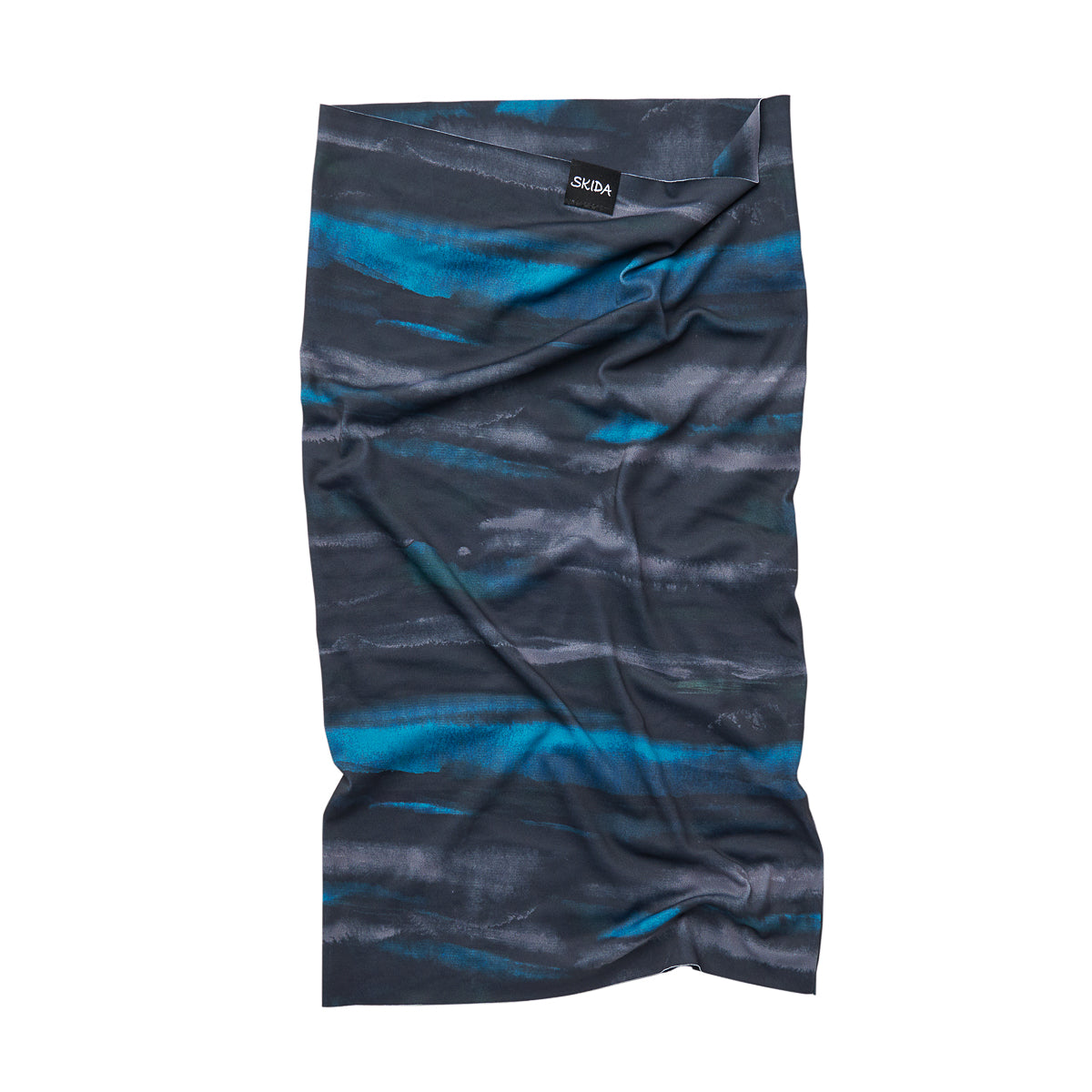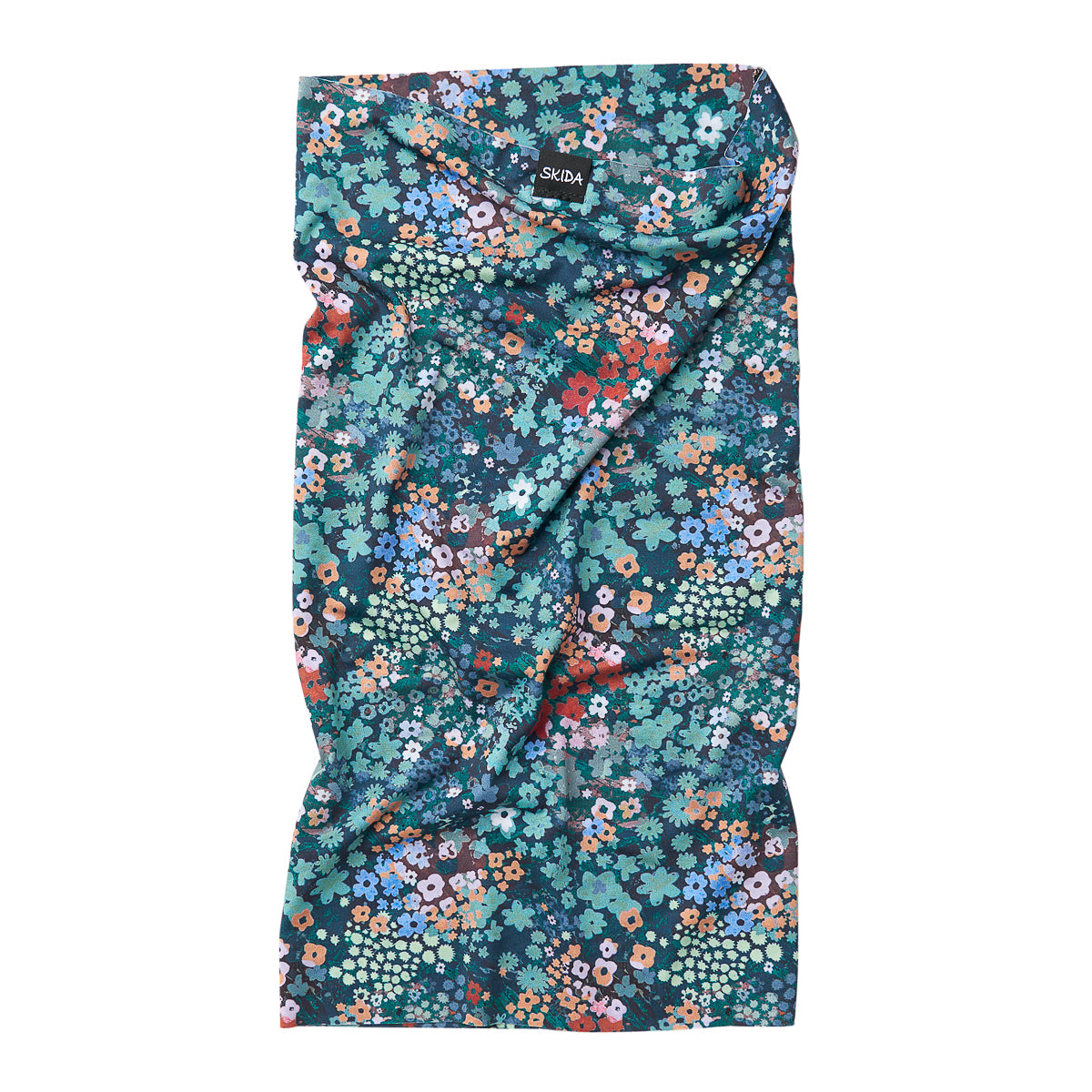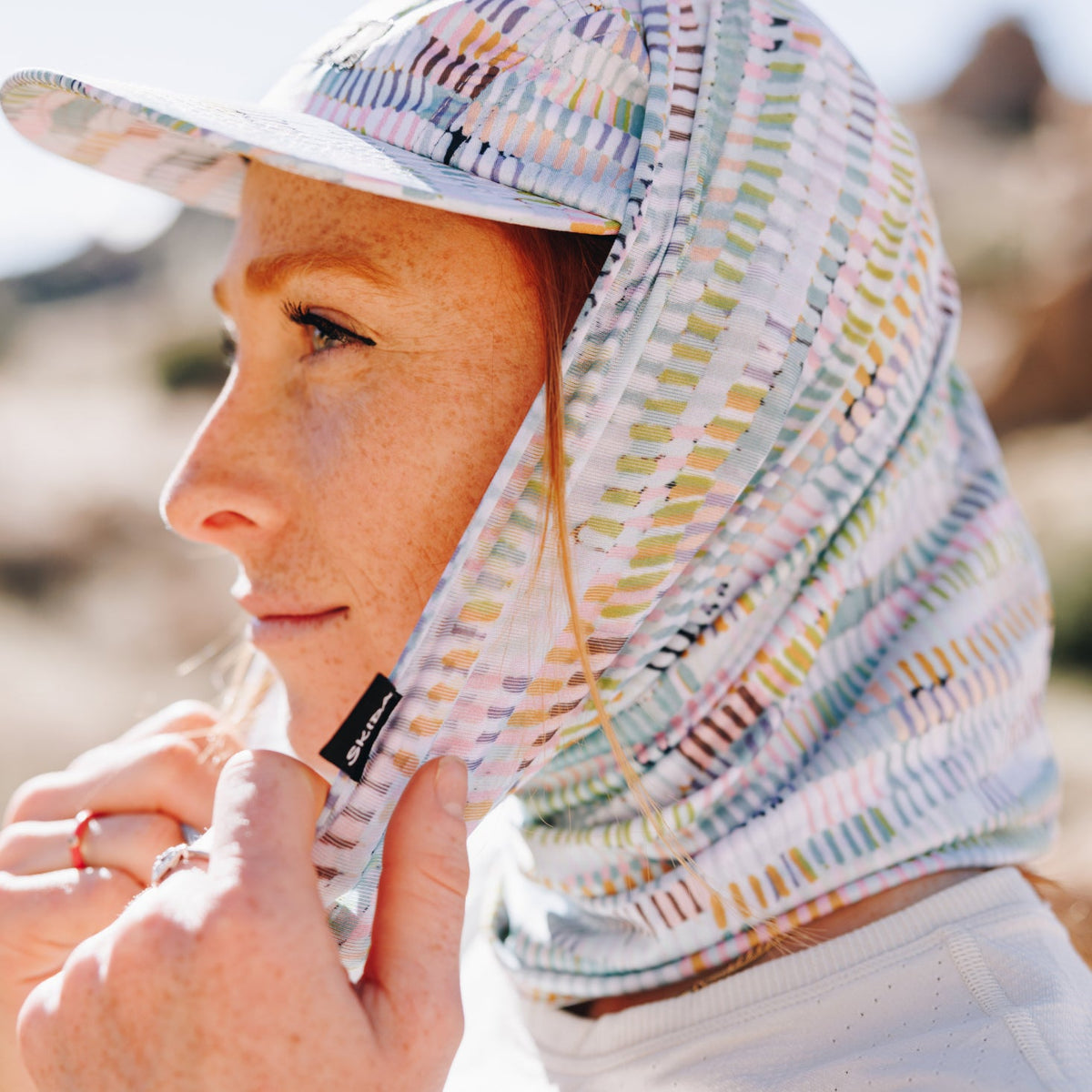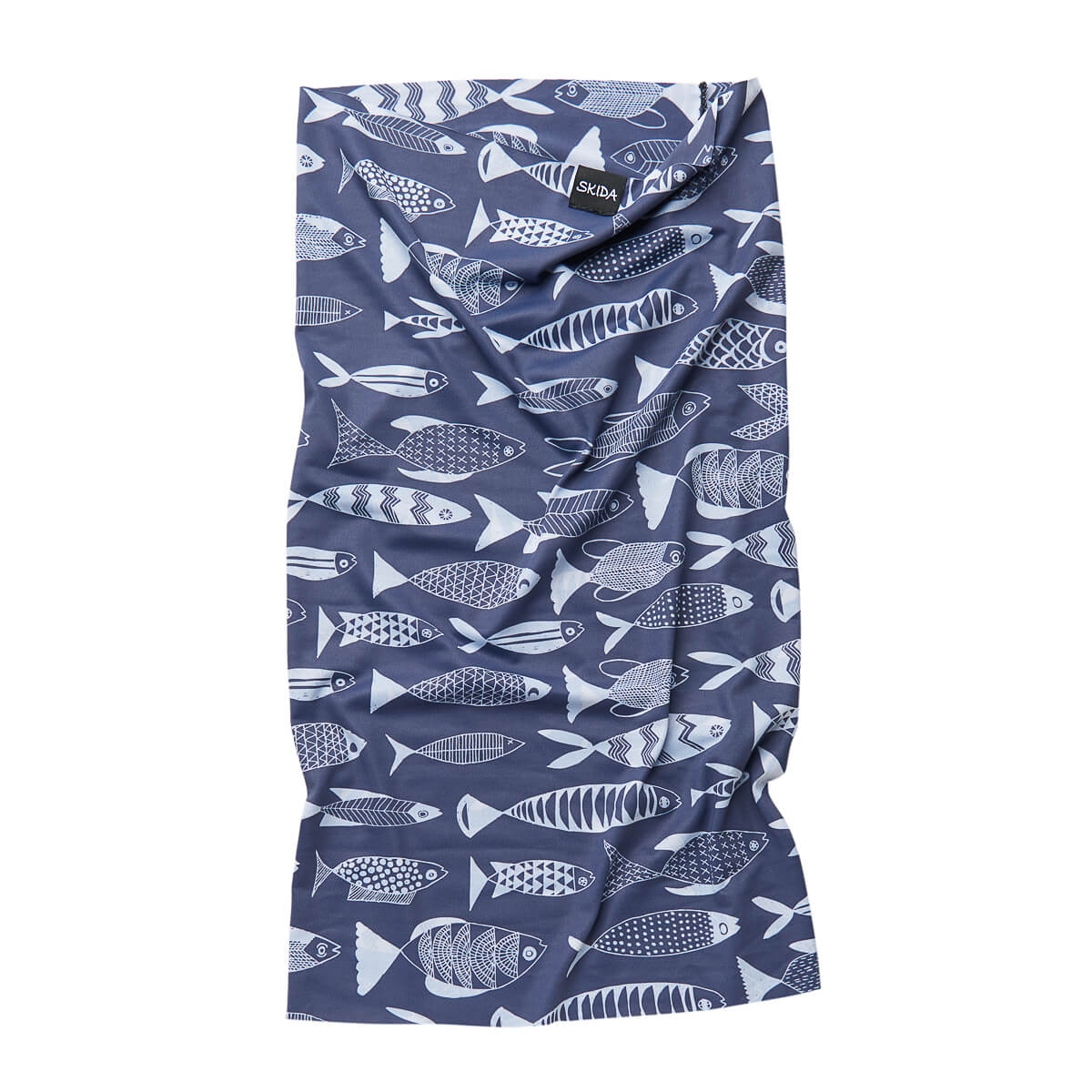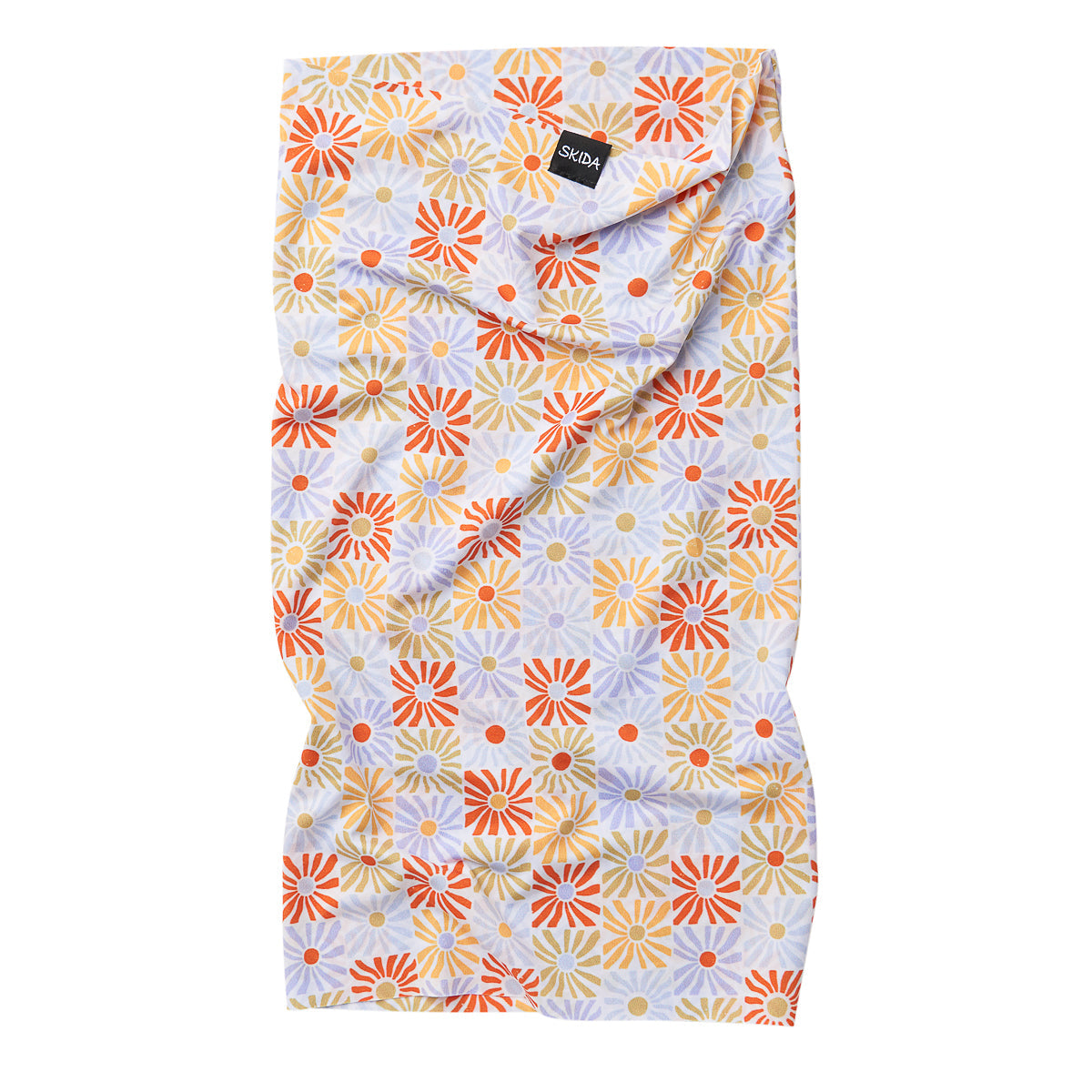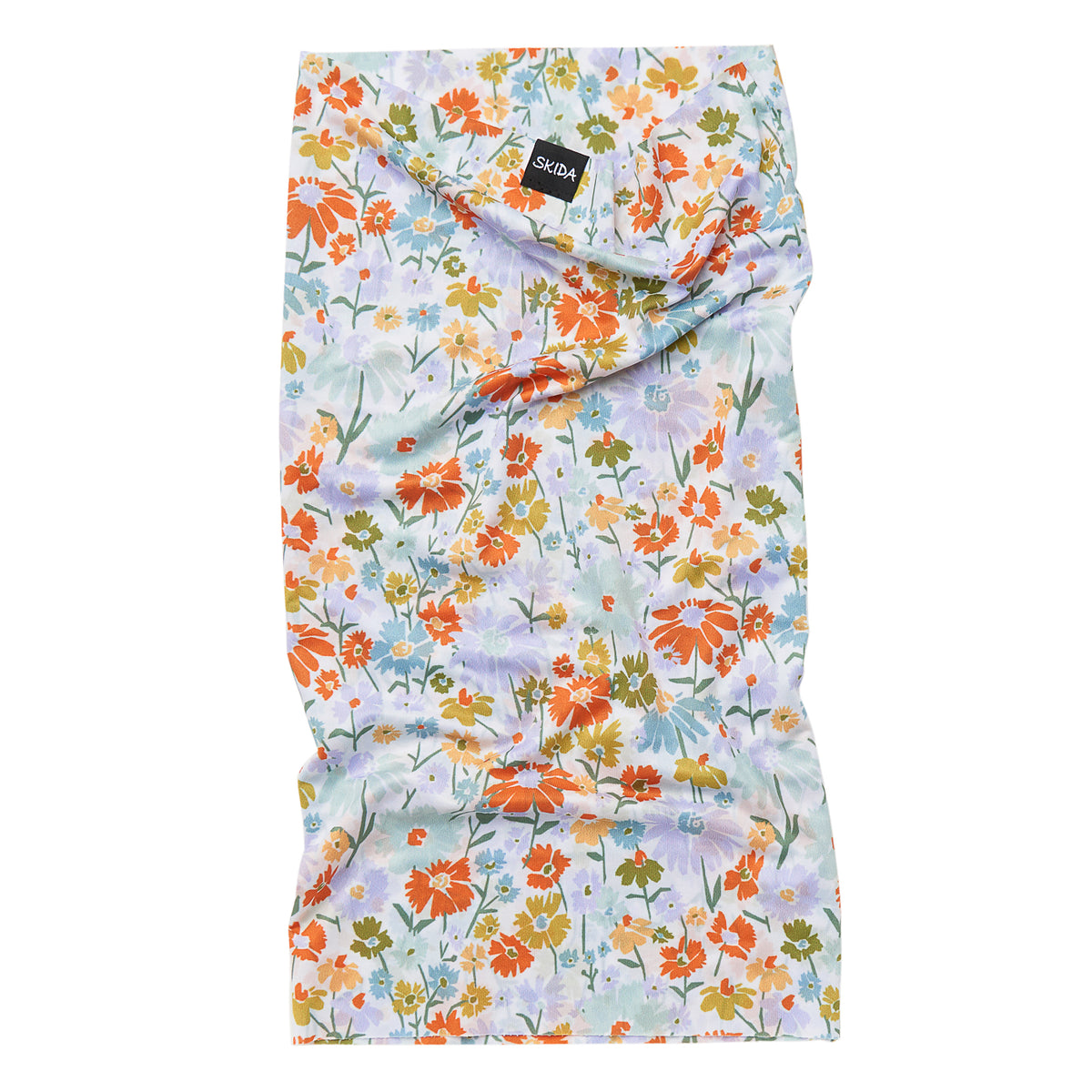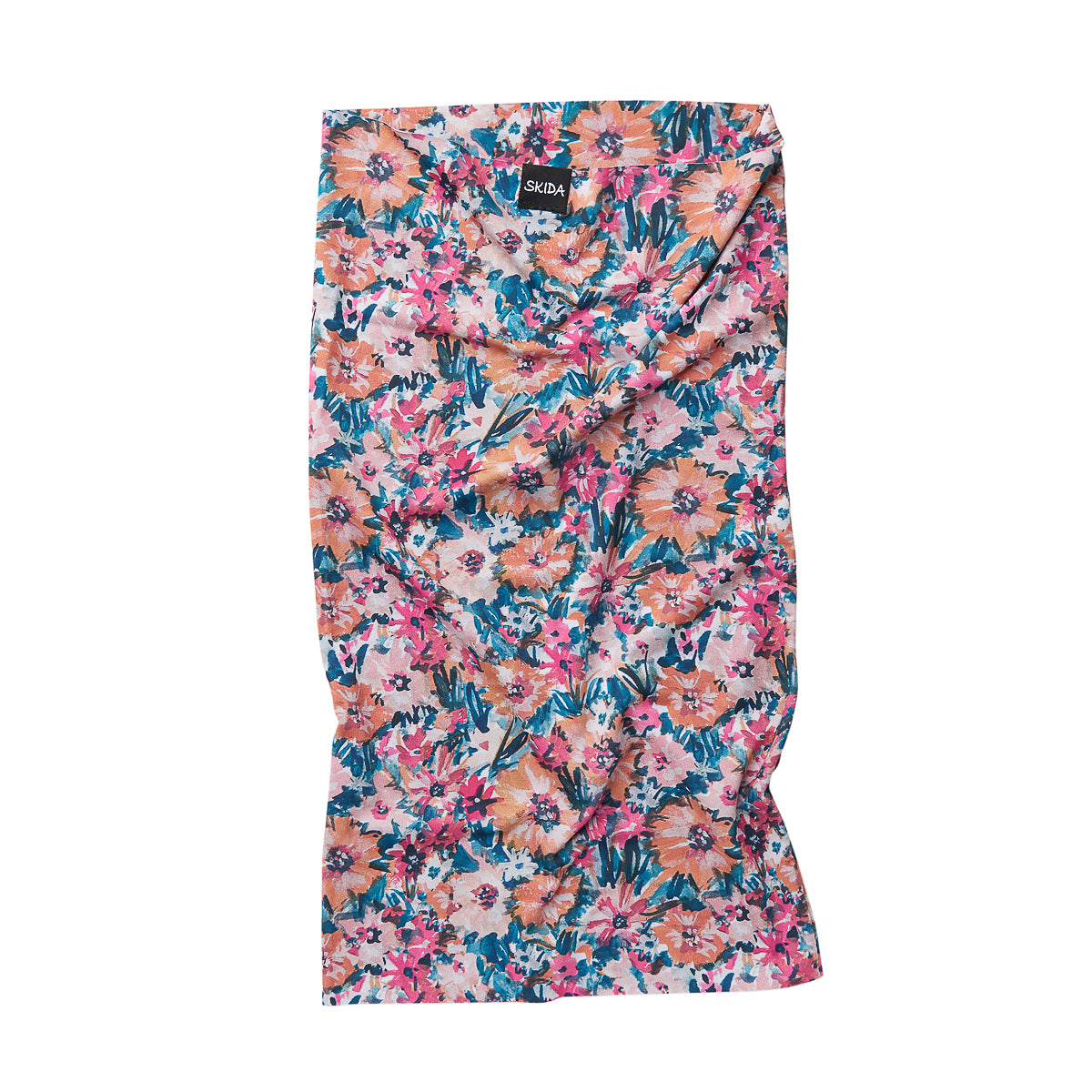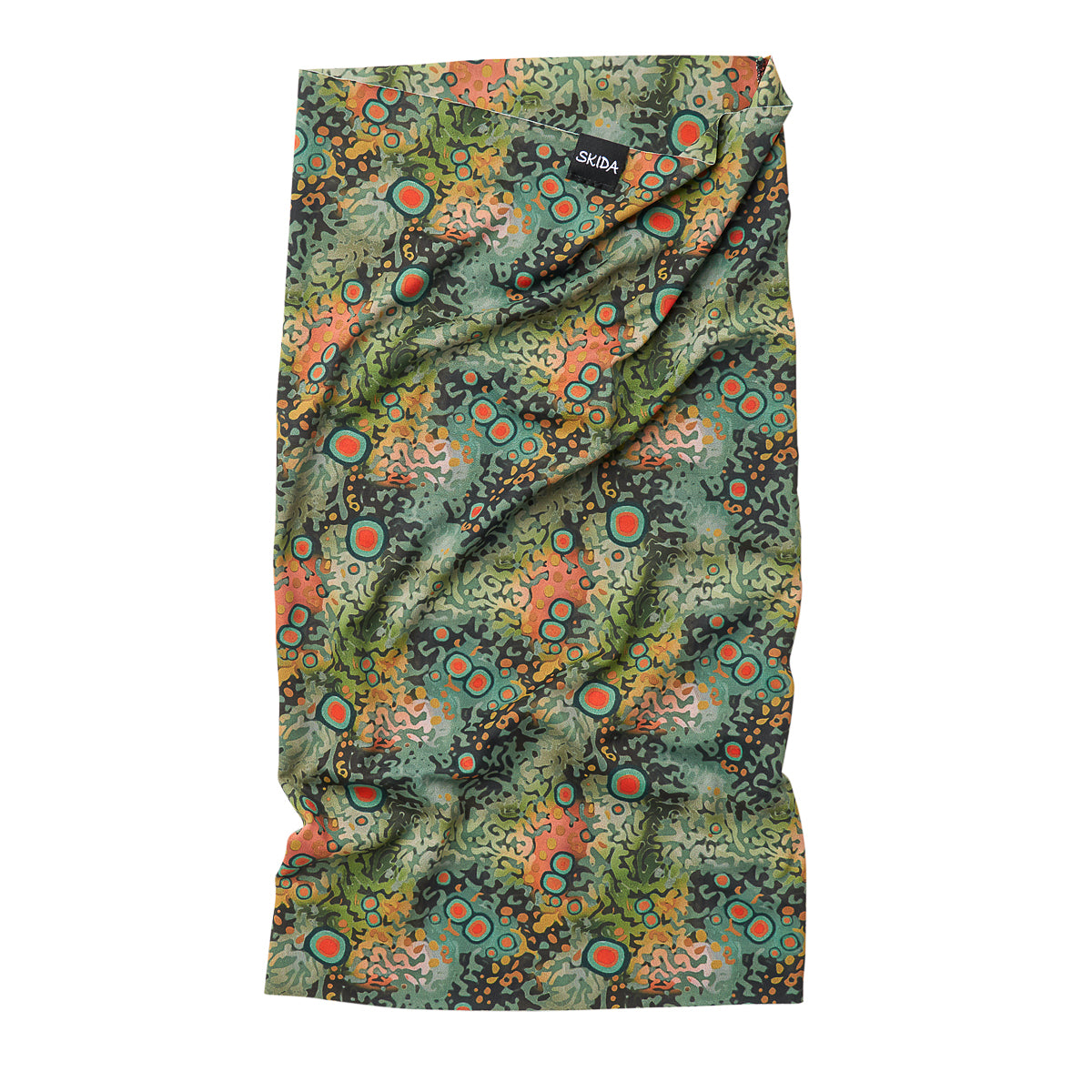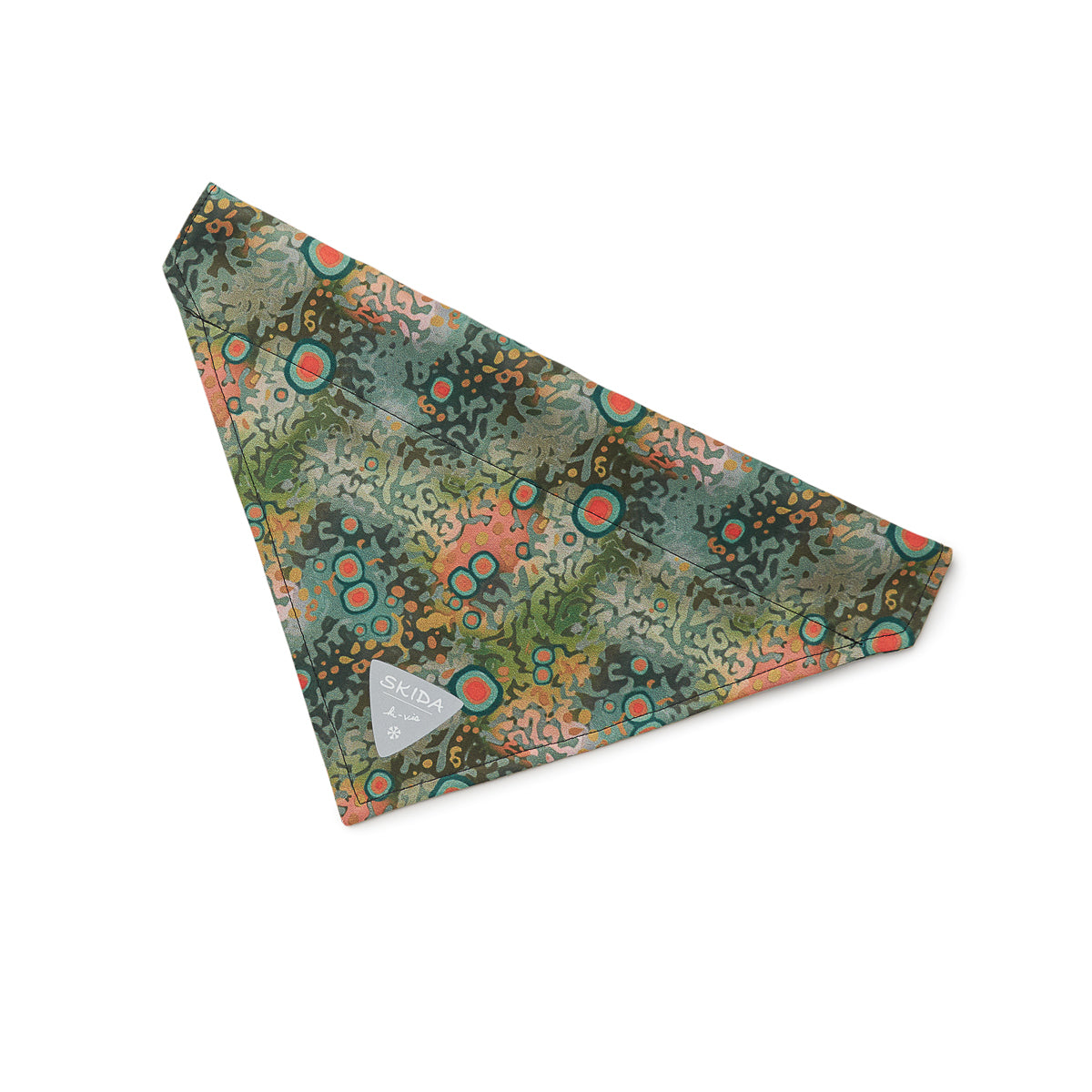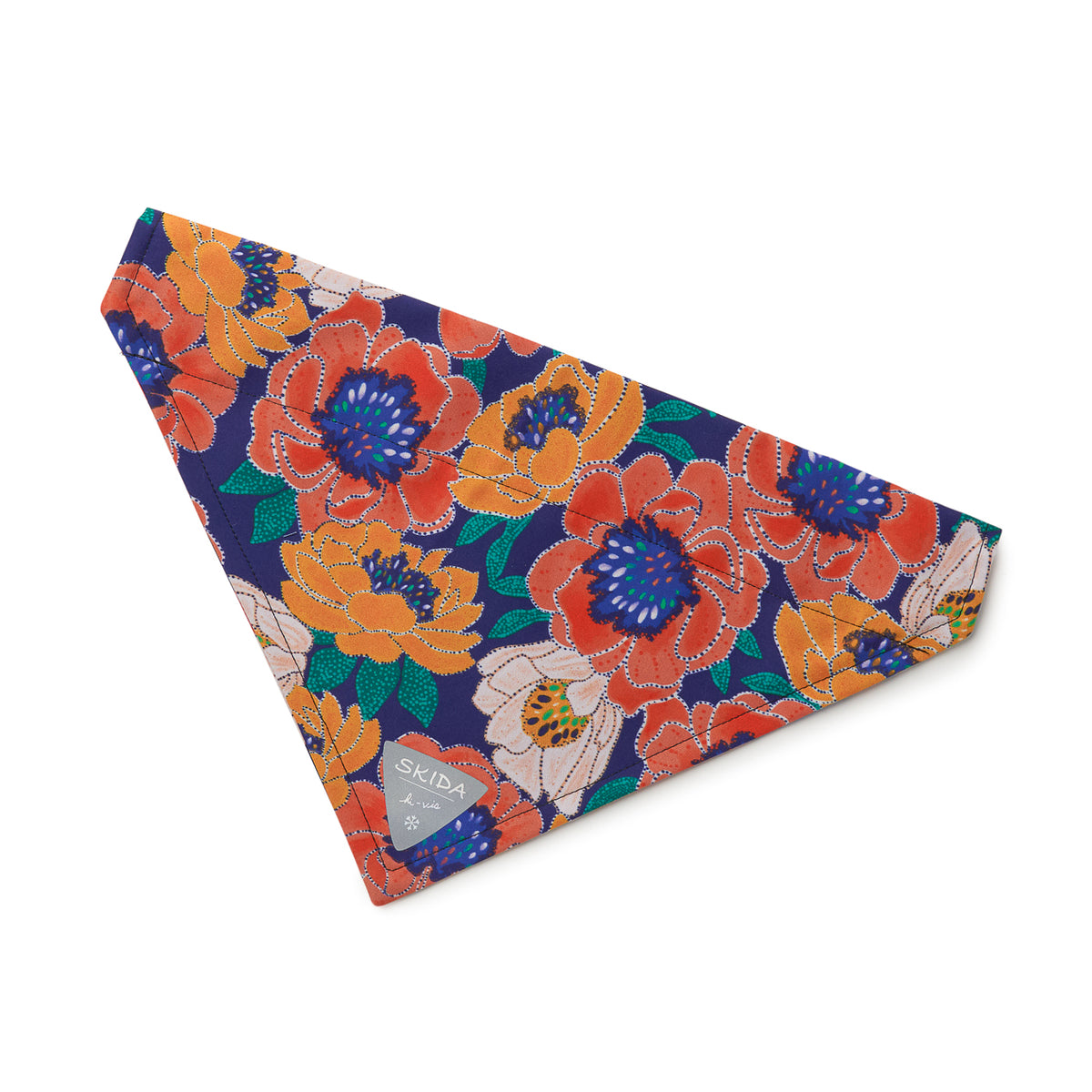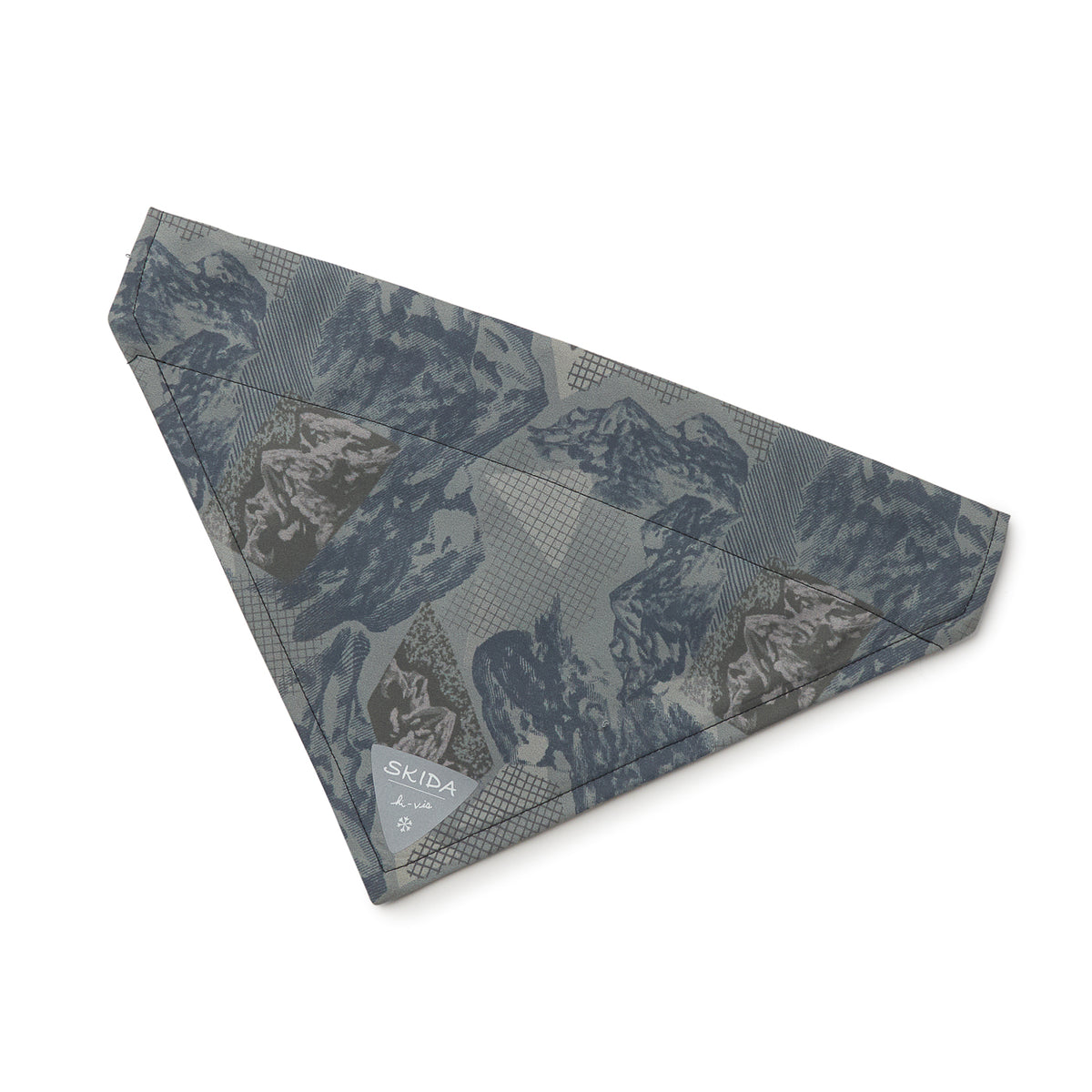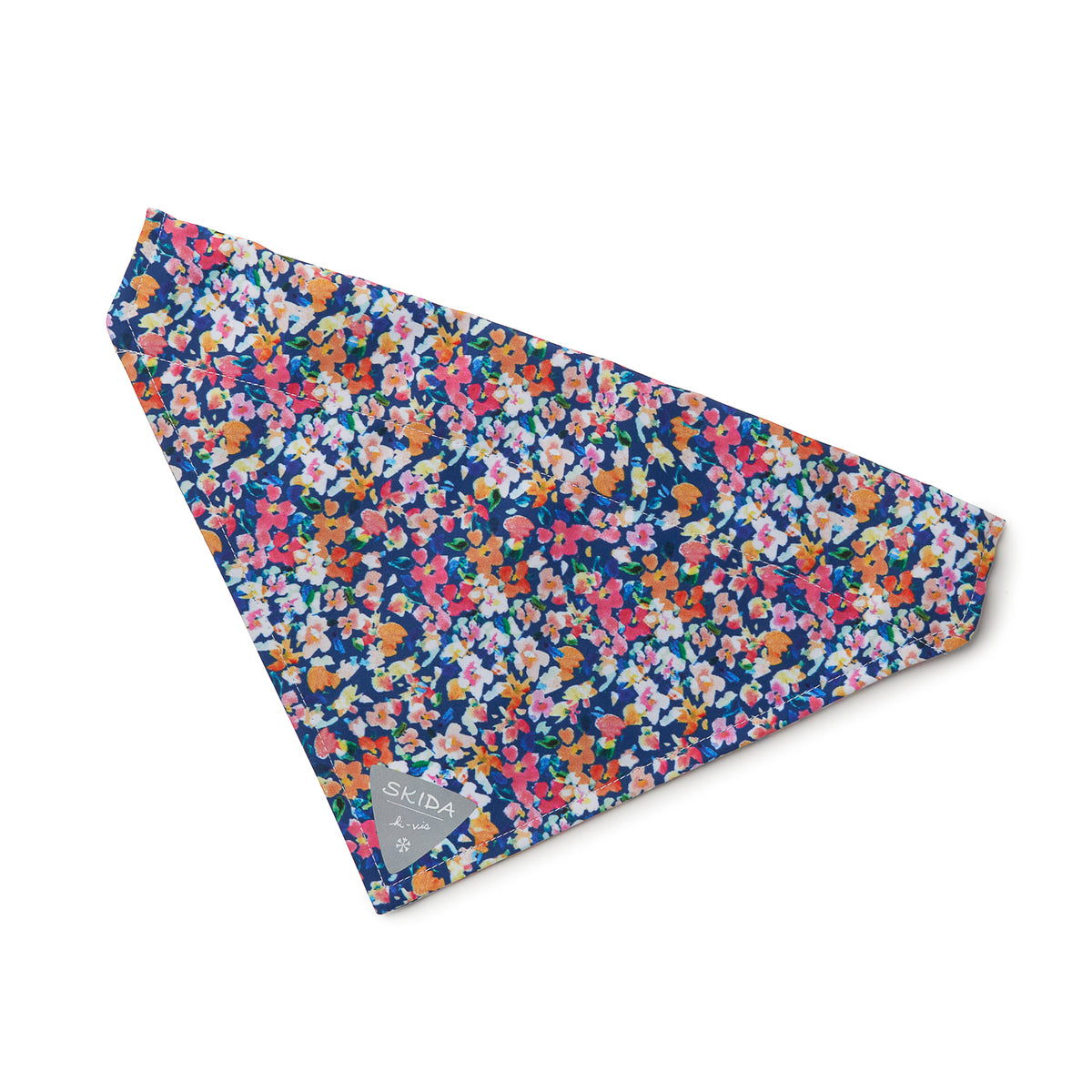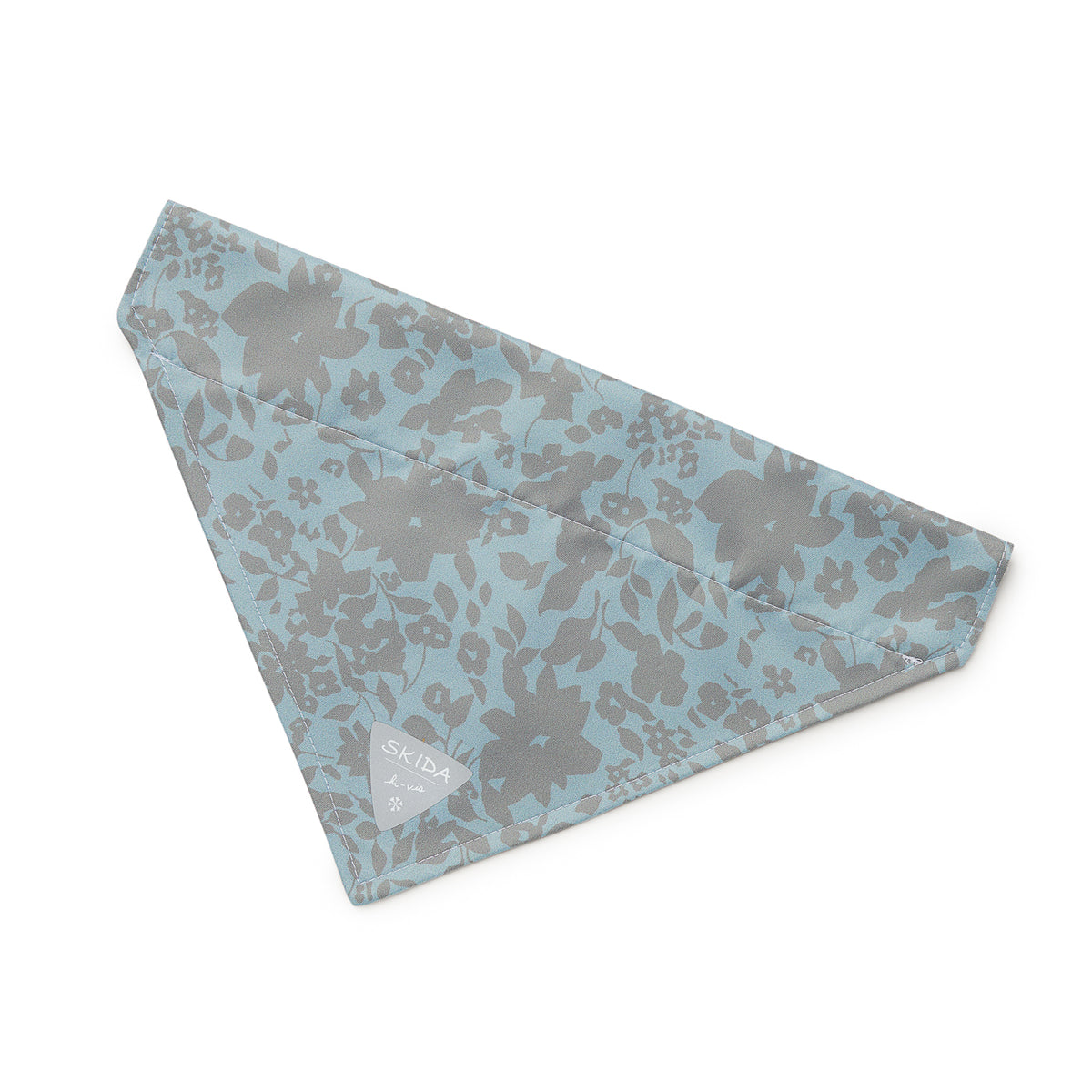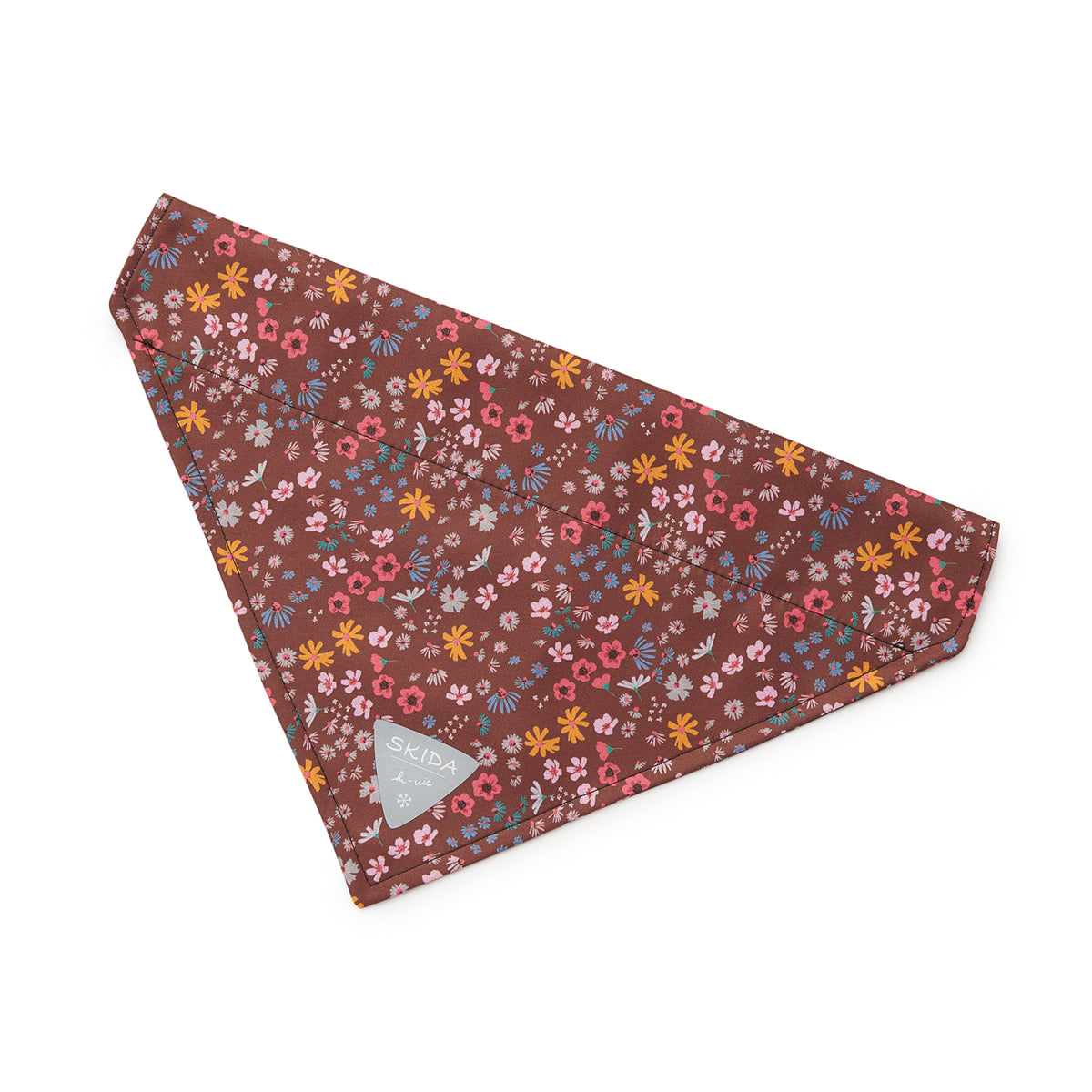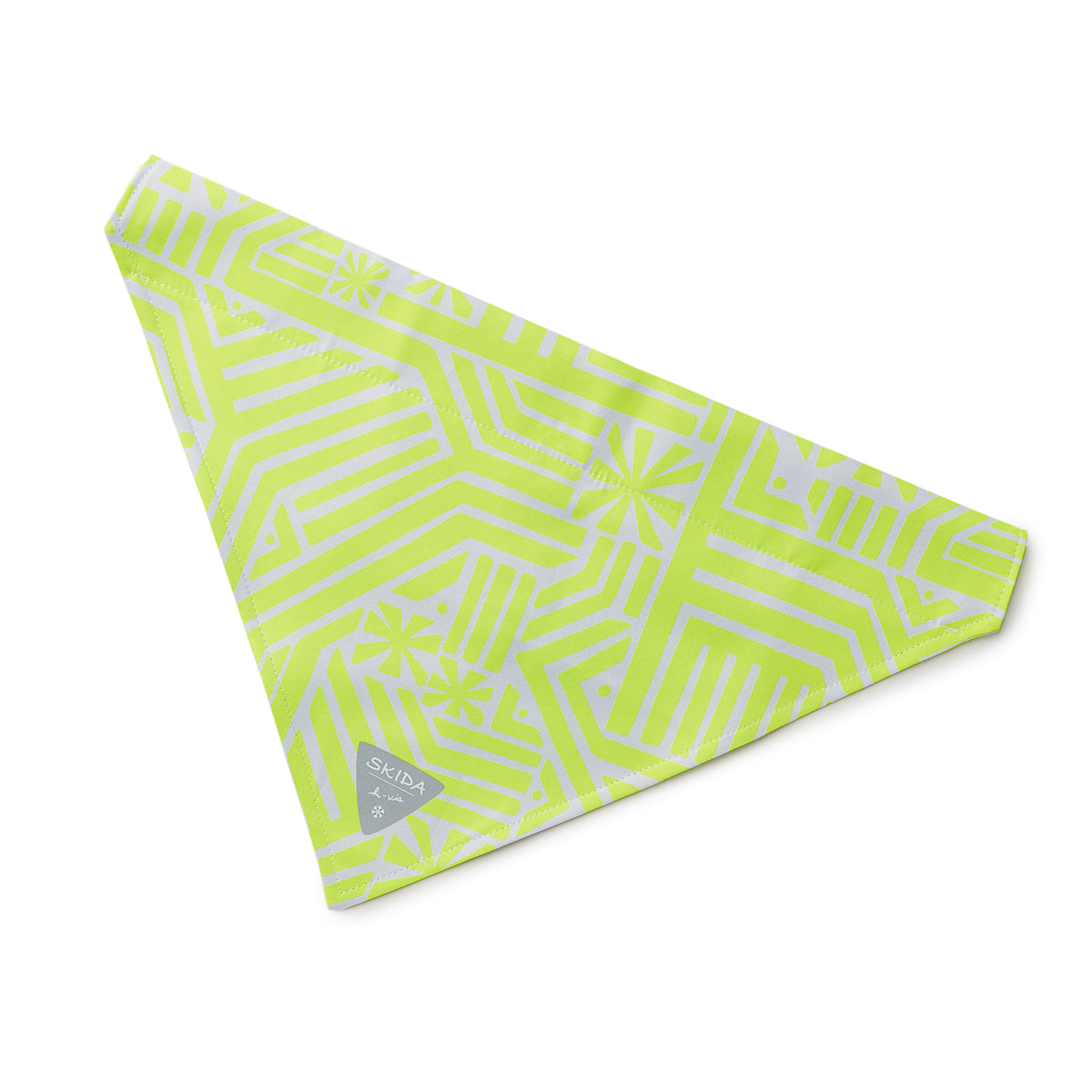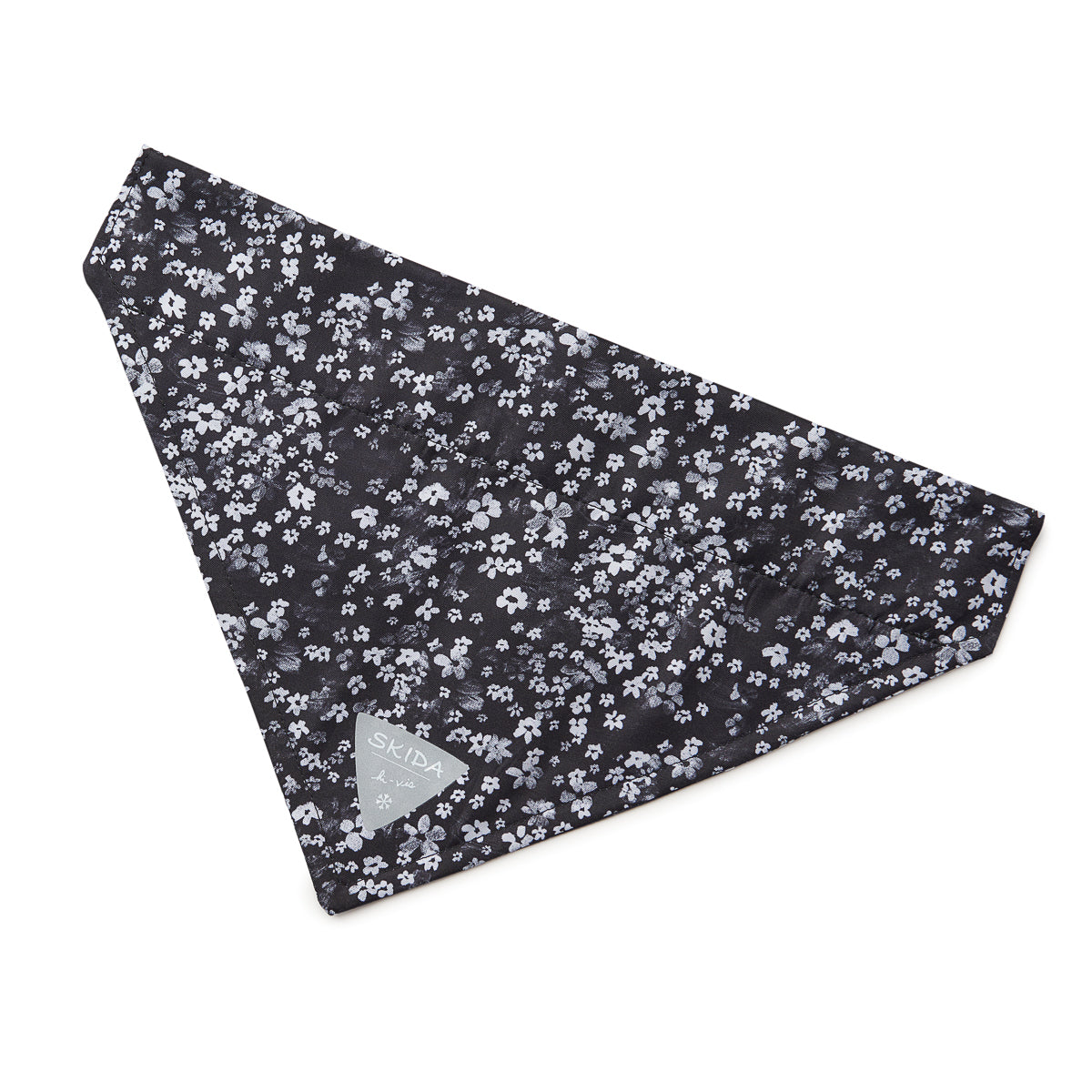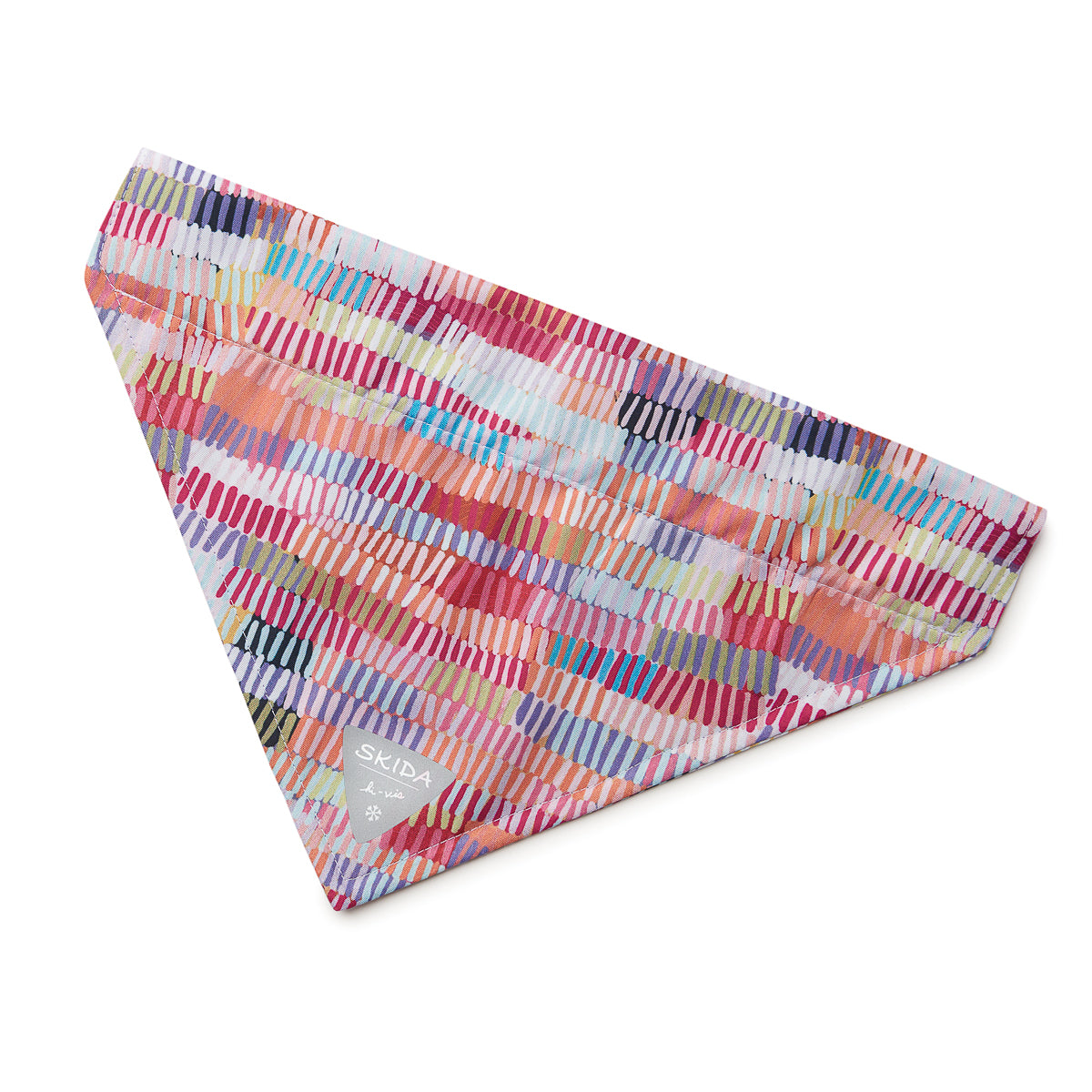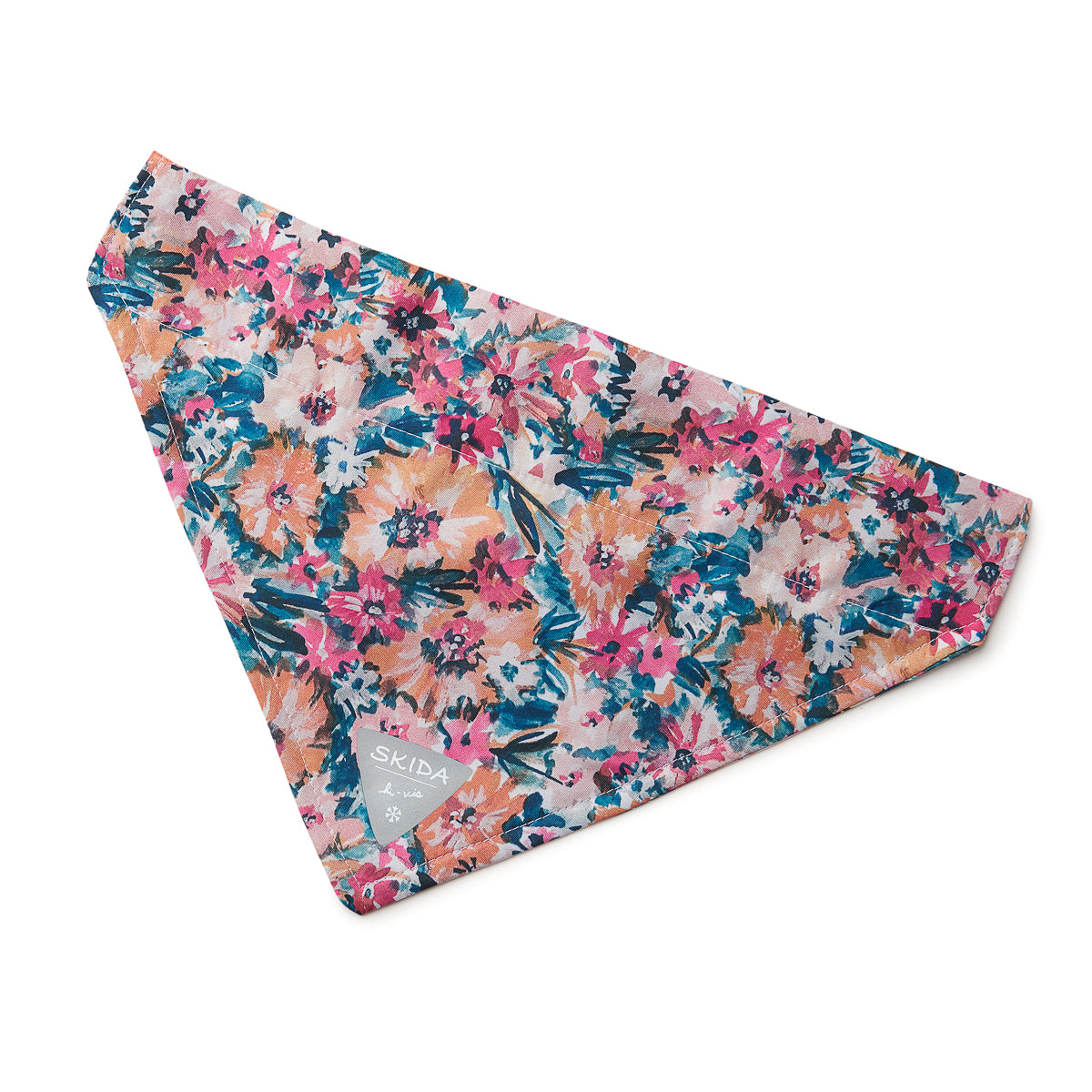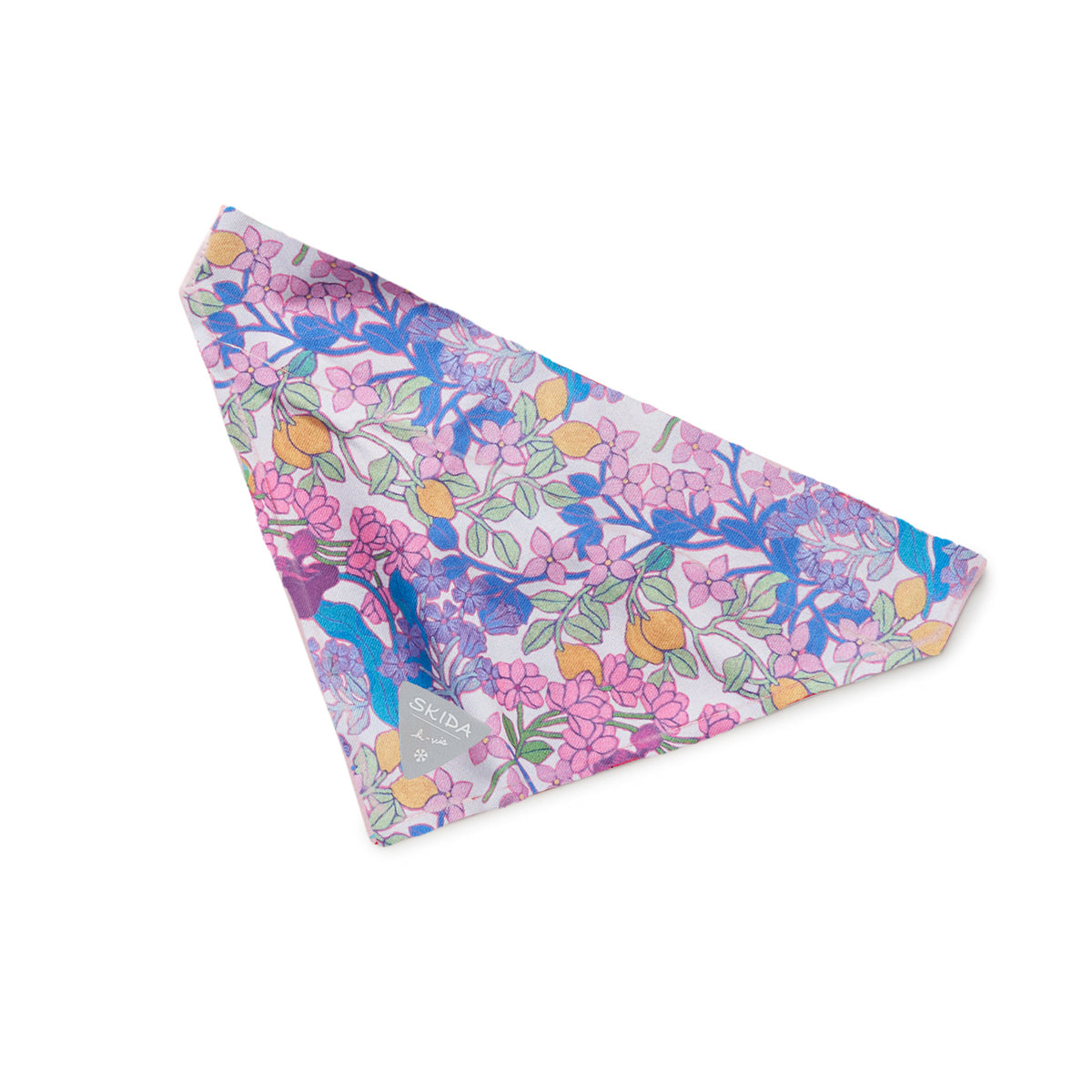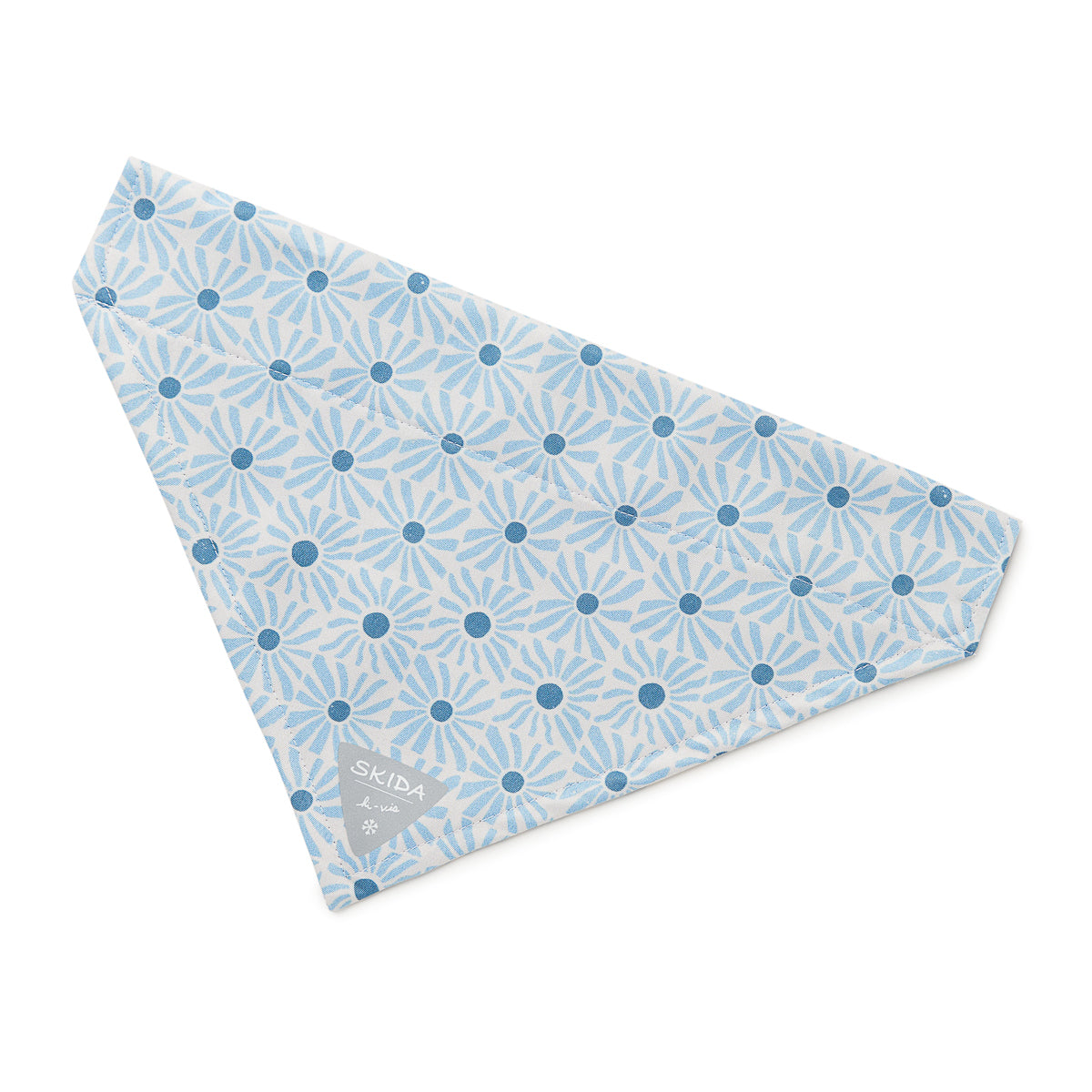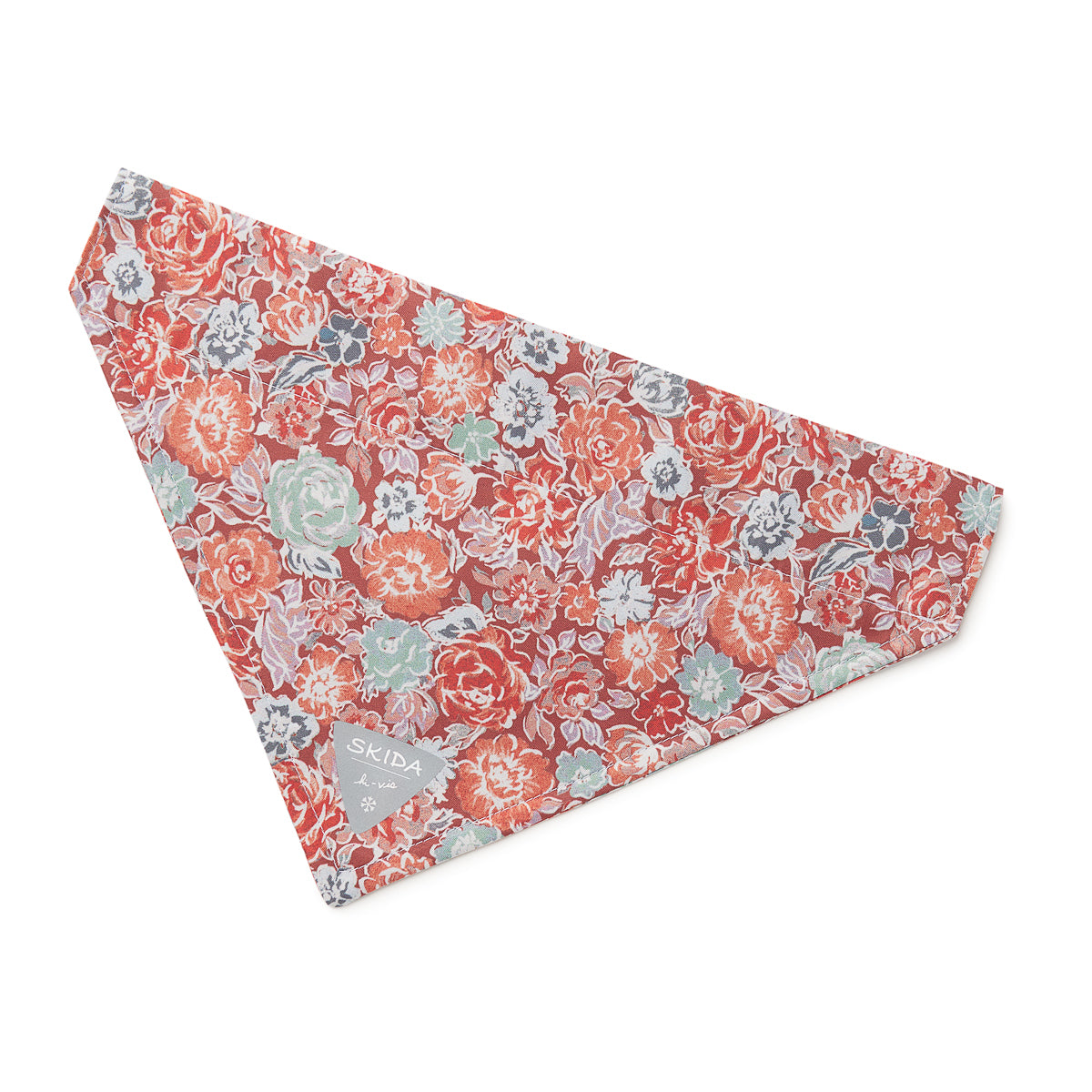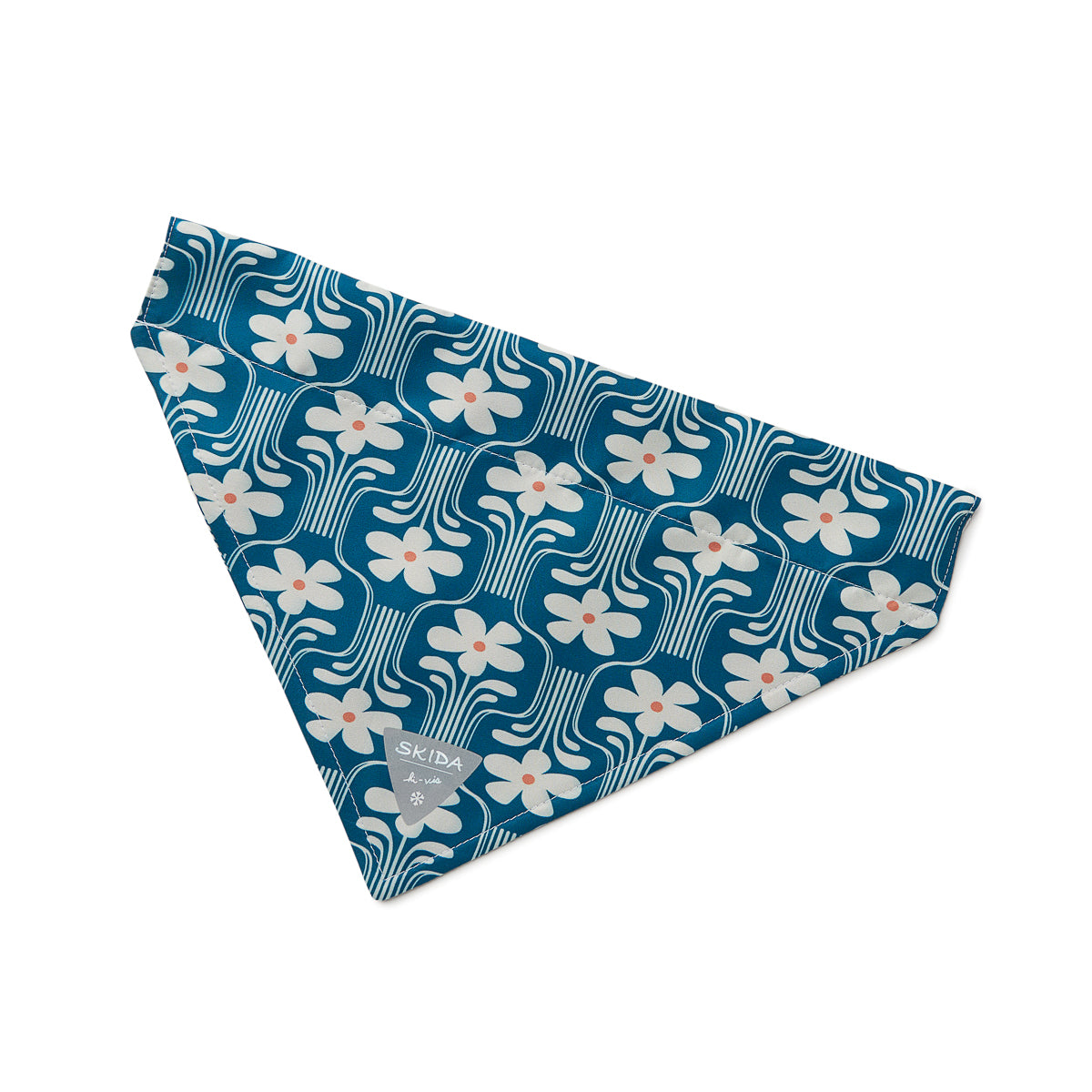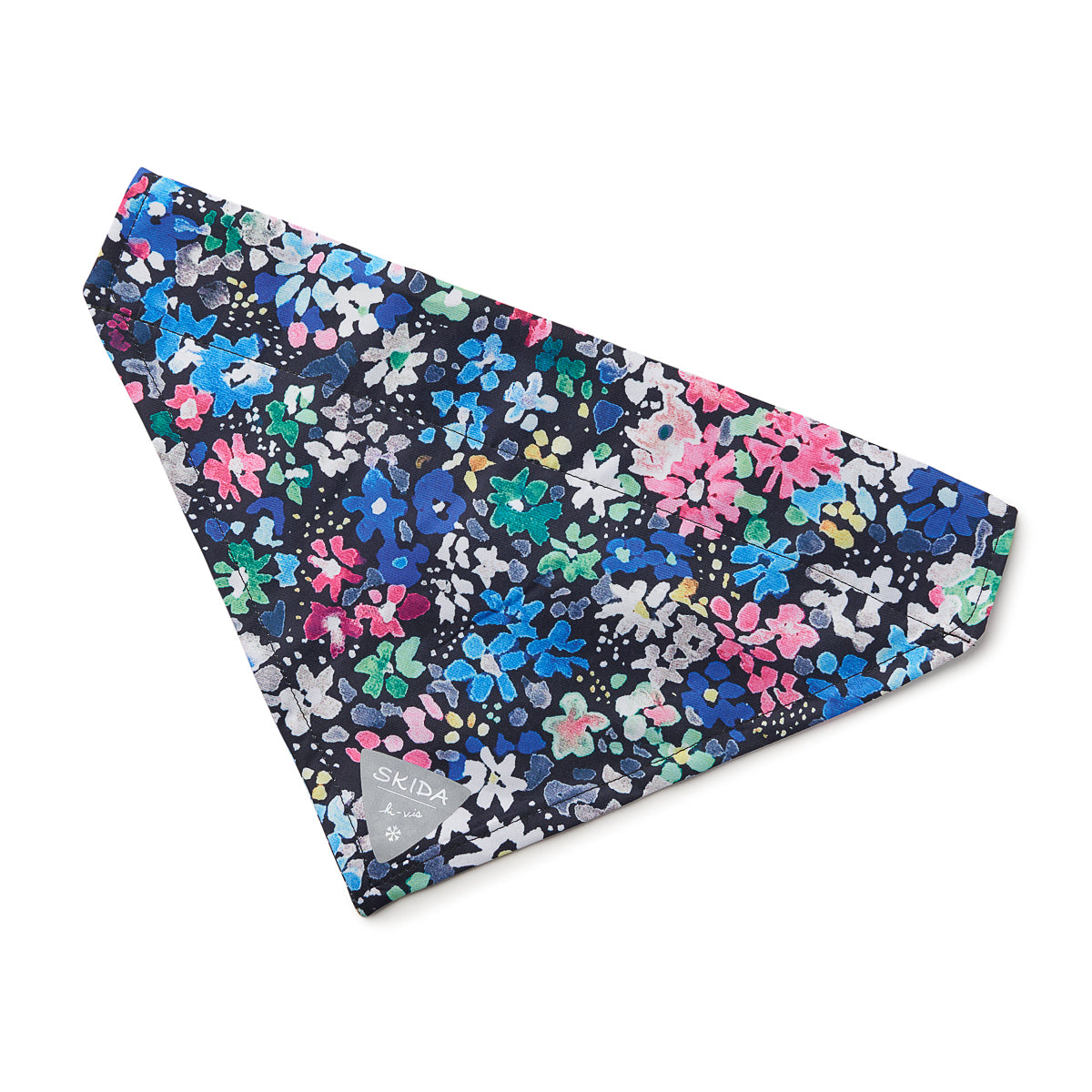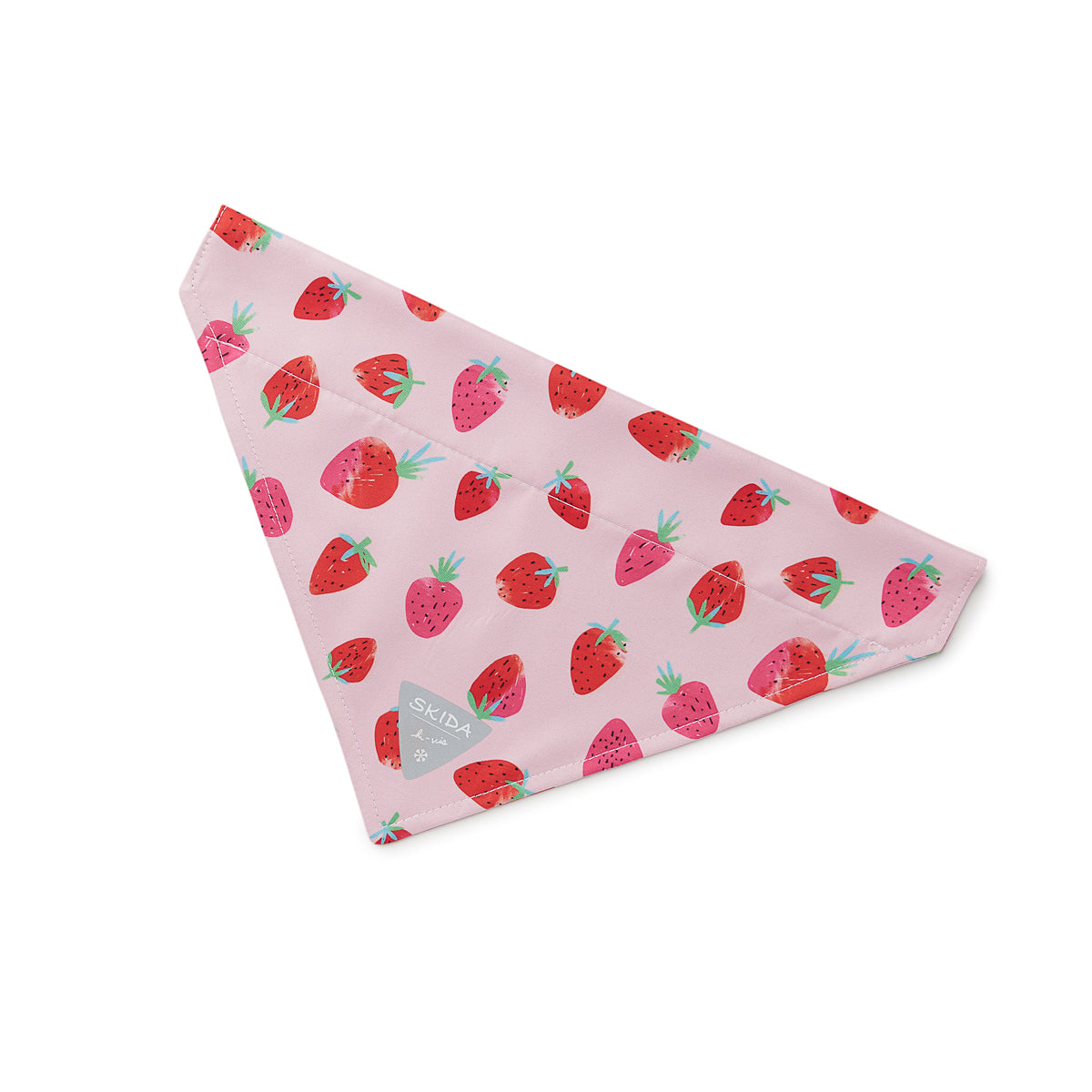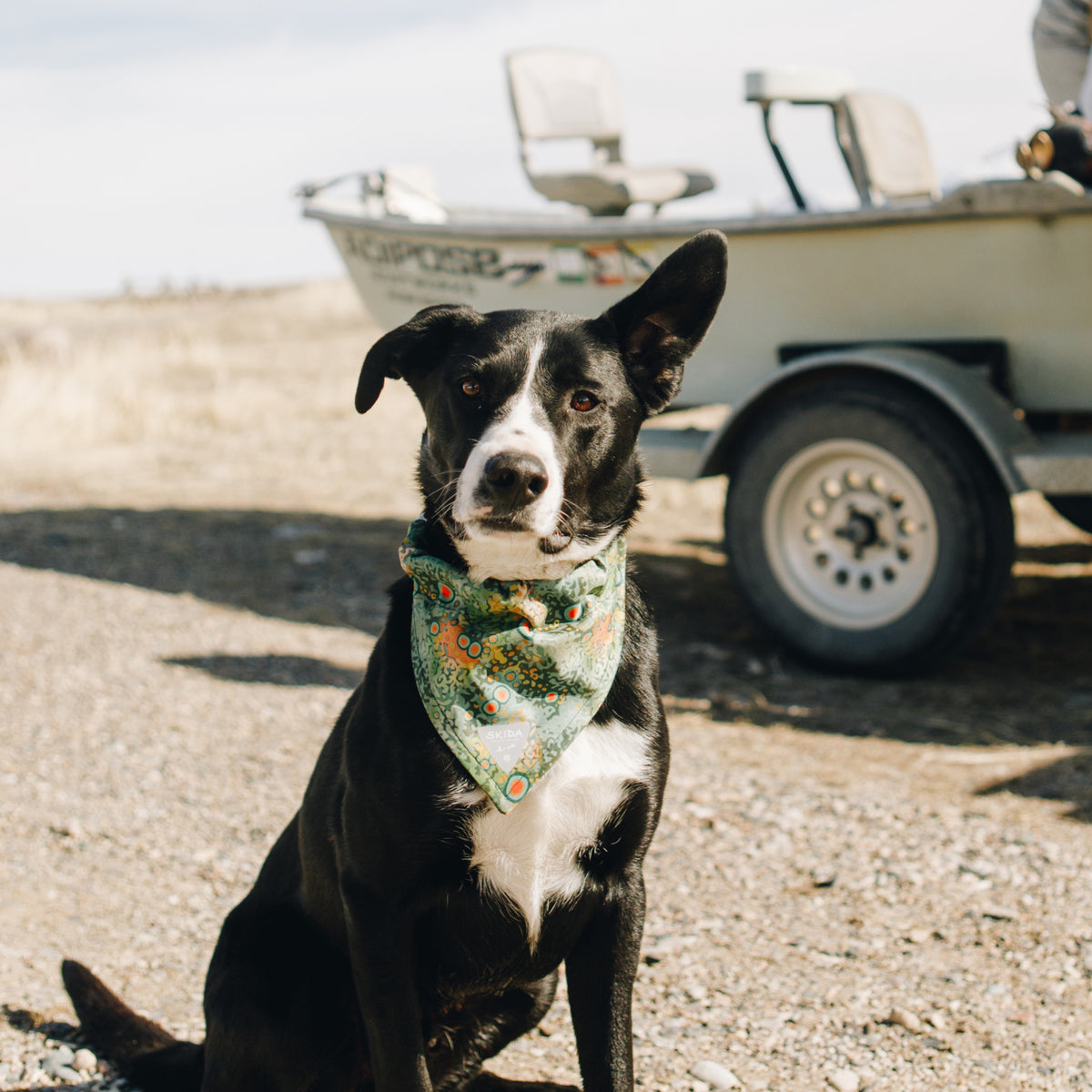Hooked on his Purpose & Passions
📍 ripton, vt & new york, ny
Brandon Dale truly does it all. Alongside being a passionate fly fisher, hunter, and environmental advocate, Brandon is currently pursuing an graduate degree in medical school. His profound connection to the natural world serves as a constant source of inspiration and tranquility.
We linked up with Brandon to hear how he finds balance and solace while living in the concrete jungle. Read on to hear about his fulfilling and multifaceted lifestyle.

Meet Brandon Dale
Brandon grew up camping, kayaking, hunting, and fishing in South Louisiana. He moved to New England for college and is now living in NYC for medical and graduate school. In-between study breaks he can be found exploring the woods and waters of the Hudson Valley and beyond.
Additionally, Brandon is committed to conserving and passing along the traditions of the land, especially for underrepresented and BIPOC hunters and anglers. As a NYC resident, he’s passionate about increasing land access, public-land knowledge, and growing a community among NYC and Tri-State area hunters and anglers.
a q&A with brandon dale:
How did you get into fishing and hunting?
That’s a great question. I grew up hunting and fishing with my uncles and family members. My dad was an avid bass fisherman but hunting really came from my uncles and grandparents. They were definitely my mentors and took a lot of time and energy to show me how to hunt safely, responsibly, and ethically. I think from an early age, they really instilled in me this idea that we should live in close proximity to the land. In order to really have a deep sense of wanting to protect nature they wanted to make sure that I loved and knew it. And I did – I love the freedom of being outdoors and doing something that was both challenging and fulfilling.
It was also practical since we ate everything we hunted and wild game was commonplace at the dinner table and inextricably connected us with our food and the local environment. Above all, my relatives passed down their deep connection to the land. That dedication and commitment to the natural world, treating it with admiration and respect, was something I always admired. In many ways, it shaped who I am and how I navigate through the world.
How do you find a connection to nature in New York City?
I love this question because so many people don’t see the connection between nature and living in the largest city in America, New York City.
For me personally, I think one of the best parts about New York City is that there are very few places in the United States, or the world, generally where you can have all the amenities of living in a large metropolitan area (great restaurants, amazing arts, and concerts, you name it) while also being less than 50 miles to thousands of acres of wild, public land that’s open for fishing, hunting, hiking and outdoor recreation.
A non-comprehensive list of the variety of ways I connect with nature in and around New York City includes: striped bass fishing, duck hunting, fly fishing for wild trout, bowhunting whitetail deer, and of course, fly fishing in Central Park.
One of the biggest messages that I want people reading this to connect with is that nature should be accessible to everyone, and everyone has a place to connect with and act as stewards of our natural environments, regardless if it’s a local park in your neighborhood or the Catskills.
What is your favorite spot to fish?
This is an impossibly difficult question, so here’s the long answer! I don’t have a favorite spot to fly fish, because it changes every day. Whether it’s up in the Green Mountains in Vermont, the Catskills, Central Park, or Long Island Sound, all of these environments are entirely distinct, but they all share a unique beauty. Being able to get a glimpse at the ecosystems that allow that sort of fishery to exist is a really special thing. In every case, it requires specific water temperatures, plant life, and insect life to support the surrounding environment that allows for that fishery to thrive. And I think that environmental diversity is something that I appreciate and want to protect for others to enjoy. Being a multi-species fly angler, one of the best parts about fishing in and around New York City is the variety of ecosystems and fisheries that exists here.
Can you speak to what motivates you to share and introduce hunting and fishing to people of color?
Moving to New York City was a big adjustment, to say the least. I needed to find an escape from the demands of school and the confines of my tiny apartment in upper Manhattan. It took some exploring, but I was able to recharge my batteries outdoors. But wherever I went, I couldn’t help noticing how I was often the only person of color with a shotgun or fishing rod. It reminded me how lucky I was to have a deep background in the outdoors—and it made me want to pass on my knowledge and experience to other people, people who look like me. And that’s how I got connected with the non-profit Hunters of Color (HOC), whose goal is to increase access and opportunity for BIPOC folks who want to learn how to hunt through mentored hunting events and community building. Reconnecting people of color to the outdoors revives these traditions and creates passionate conservationists in the process. As the New York state ambassador for HOC, I’m proud to pass on my experience to others and help them connect with the world beyond the skyscrapers.
Every time we have a program where we introduce folks to new experiences in the outdoors, whether that’s hunting or fishing, I think one of the most gratifying experiences is when I get to witness someone’s “ah-ha” moment. What I mean is the moment when someone realizes “This is for me, I have a place here, and nature is for everyone.” I’m proud to say that this happens often – we recently had a turkey hunting camp where it was the first time several of the mentees ever slept outdoors. We set up camp, told stories around the campfire, and woke up at 4 am to listen to the woods wake up and search for turkeys. Hearing the mentees reflect on that experience and talk about the sense of connection they had to nature was profound. And the same can be said for some of the fishing moments. My good friend and mentee, Zsakee, and I caught her first fish on the fly out in Montana 2 years ago. She is now ardently hooked on fly fishing and carries her rod with her everywhere she goes.
It spoke to the value that everyone can find in nature when you have a community and support that confirms that everyone belongs out here, and the outdoors are for everyone.
I think one of the most gratifying experiences is when I get to witness someone’s “ah-ha” moment. What I mean is the moment when someone realizes “This is for me, I have a place here, and nature is for everyone.”
What does it mean to you to share your passion for hunting and fishing with others?
For me, it means that I get to hopefully encourage others to be more engaged in protecting our natural resources, and public lands, and encourage more access for future generations to continue to engage with the beautiful ecosystems found throughout the U.S. People are often surprised to learn that hunters and anglers provide a majority of the funding for conservation in the U.S., mostly through taxes on hunting gear, clothes, and licenses. Hunting alone contributes $1.5 billion a year to funding state and local wildlife agencies through the Pittman-Robertson Wildlife Restoration Act. A large portion of that money goes to conservation agencies, including the U.S. Fish and Wildlife Service and local environmental departments, where it pays for things like habitat restoration and wildlife management, and research projects. After all, it’s people who spend the most time in wild places who are the most invested in protecting them, and not just through their wallets. It’s hard to find a hunter or angler who isn’t also an ardent conservationist, and it’s important that people of color see themselves represented in this bigger picture of hunter-angler-conservationist.
How do you find time to explore all your passions and go to school?
My friends ask this all of the time, and they’re half right when they guess I don’t sleep much! Ha. Seriously though, like anything in life, it’s a priority for me and so I make time for it. I do find a lot of restorative time in being outdoors, so it makes me more creative and driven when I am back in the lab or the clinic.

